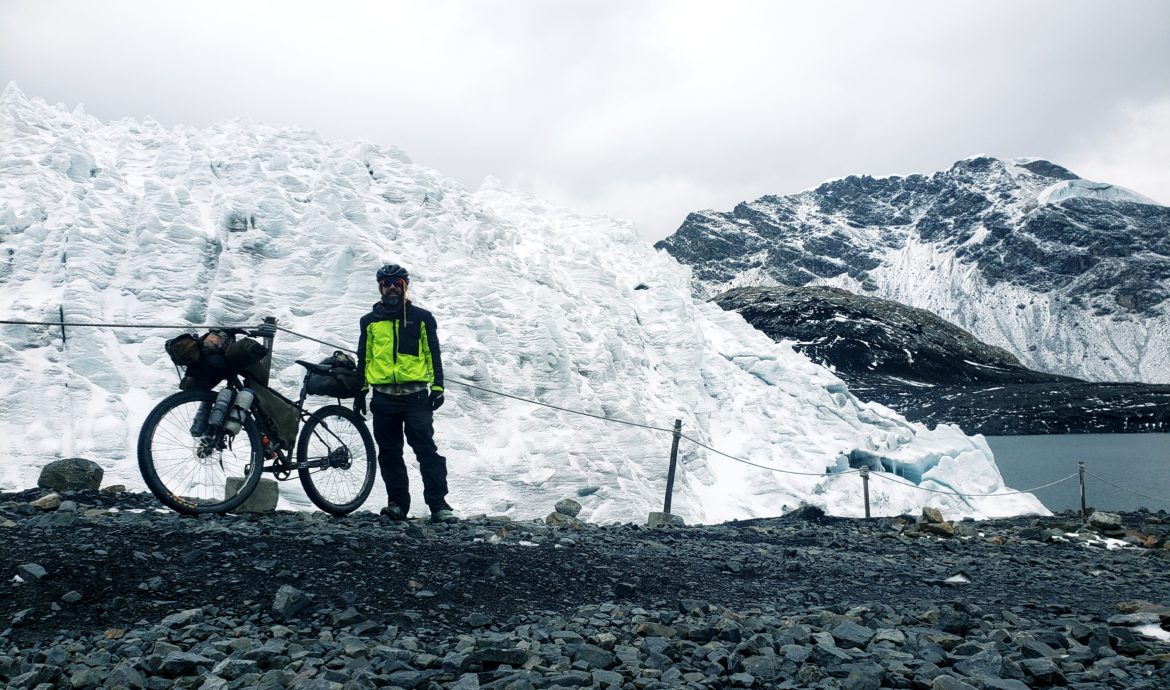
El silencio
Perú“The most unnerving thing about going back to New York was the silence,” Emma told me at a coffee shop in Huaraz. A Peace Corps volunteer who has been working in a small town nearby for two-and-a-half years, Emma has only returned home once during her time in Perú.
“The silence?”
“You don’t realize it until you’re not here — how different it is.”
Perú is a loud place. And sound-insulating walls are unheard of. Dogs bark constantly, which causes other dogs to bark in a never-ending cycle, all day, all night. Roosters crow long before the crack of dawn, despite conventional wisdom. In fact, they crow whenever they feel like it, including all night long. No difference if you’re not on a farm – roosters live in urban areas just as frequently as they live in rural communities. And if you’re really lucky, you’ll be woken up to the tortured wail of a hungry burro, the most vocally cursed creature on the planet.
Cars honk all day and all night. A car honk in Perú isn’t defensive or aggressive like it is in the United States. Rather, a honk expresses, “I’m here.” Cars honk as they round blind curves on the highway. Cars honk when they make turns at intersections. Cars honk when they see other cars, just in case that car isn’t paying attention. Cars honk to say hello to someone they know. Cars honk to say hello to someone they don’t know. Taxis honk at every pedestrian to signal their availability. Delivery and garbage trucks lay on their horns until residents come out of their houses. One garbage truck in Caraz even blasts a song about “basura” from a loudspeaker. Of course, I heard that song at six in the morning from bed.
When the normal din of society isn’t enough for them, Peruvians celebrate by lighting fireworks and hiring brass bands. I’ve seen brass bands now in almost every Peruvian city where I’ve spent longer than a few moments. Holidays, graduations, weddings, funerals — any occasion merits a brass band marching through the center of the plaza. A particularly special occasion may demand a barrage of fireworks as well.
On my last night in Huaraz, exhausted by my mountaineering expedition to Nevado Mateo and ready for an early night’s sleep, I returned to my hostal around 8pm to find the next door neighbors hosting a brass band concert that reverberated through the walls. This can’t go on all night, I thought. It’s a Monday! The band stopped playing around 11pm, but the repetitive jingles hung around in my dreams as I drifted to sleep.
I jumped awake at 2am when the brass band resumed. I couldn’t believe it. Must just be some drunkards, I thought. I tried to put my pillow over my head until they stopped, but after a sleepless hour, they were still playing, accompanied by…gunshots? Oh no, that’s just fireworks. I put some clothes on, walked down the stairs and into the street to see what was going on. The manager of the hostal was also standing in the street.
At the other end of the block, pinwheel of fireworks on a massive scaffolding lit up the concrete jungle. People danced in a circle around the construction in the middle of the street, holding hands and occasionally changing directions with some cue from the band.
“¿Qué está sucediendo?” I asked the hotel manager.
“No sé,” he said, just as perplexed as I was.
“¿Nunca pasó antes?
“Nunca.”
We watched the blazes and the happy, drunk people. It looked pretty fun, and I thought about trying to join in. I might have if I hadn’t still been angry about being jolted awake at 3am on a Monday night before an early morning alarm.
They finally wrapped up and I went to bed in the relative silence, now only listening to the soothing night sounds of dog barks, roosters, and car honks. Tomorrow, I would be headed away from the urban madness and into the backcountry. The silence couldn’t come soon enough.
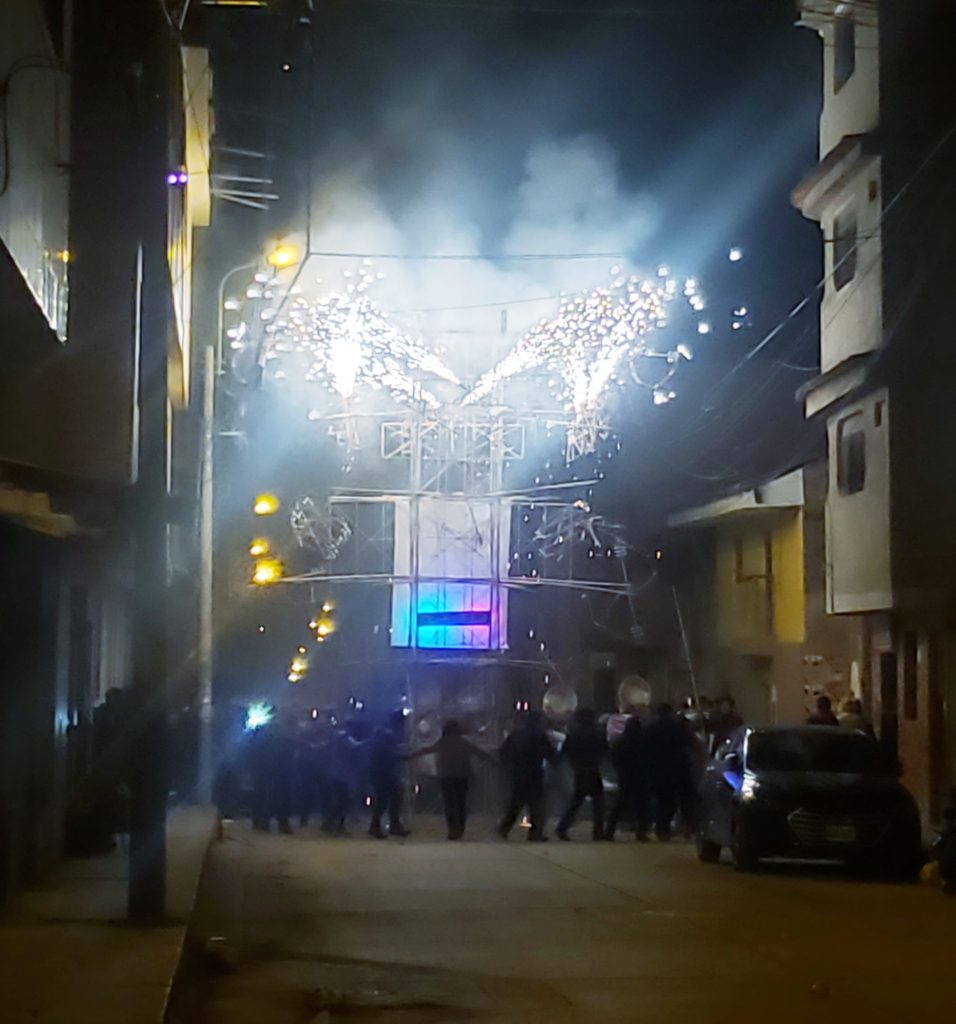
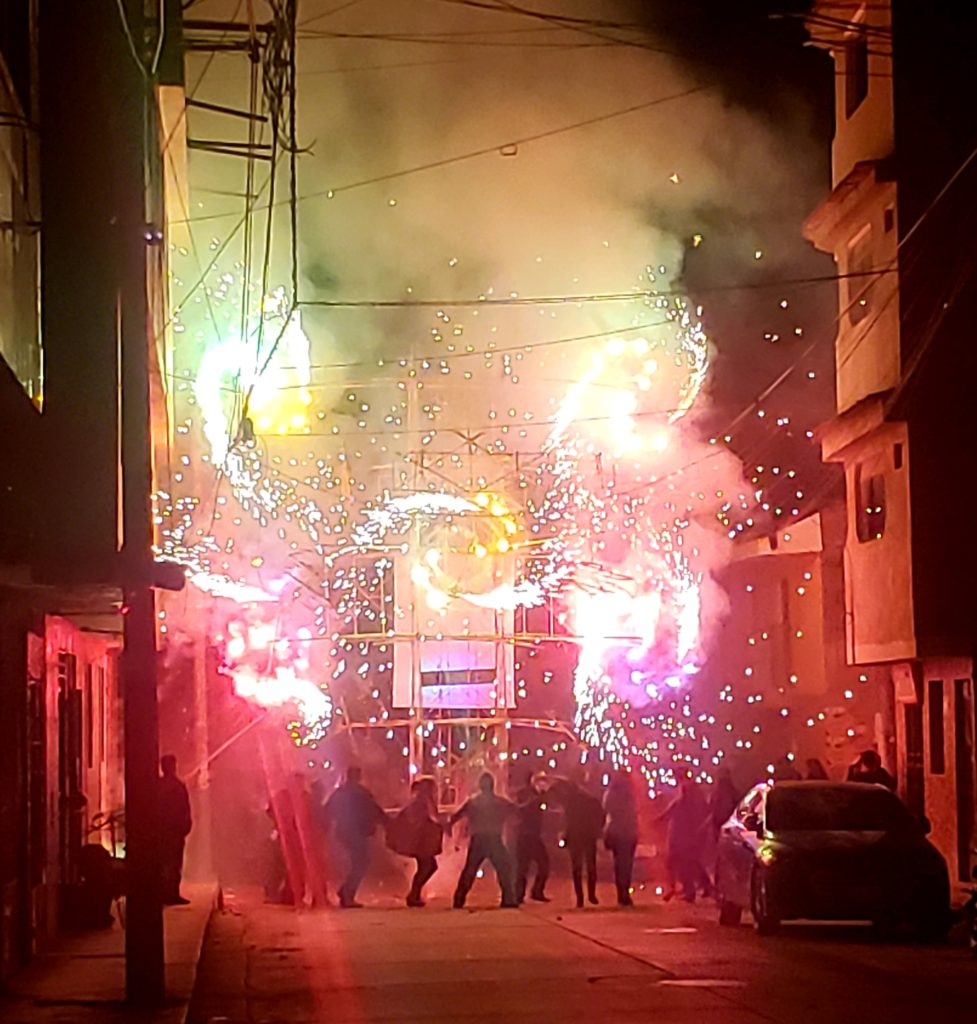


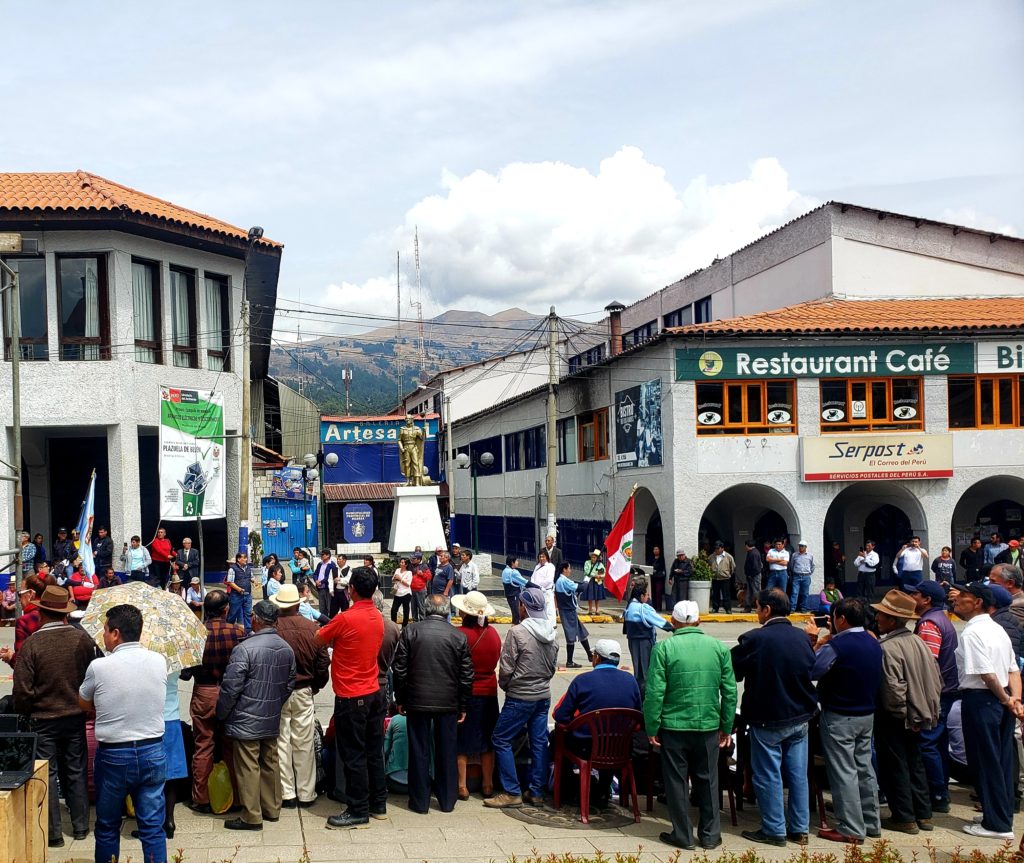
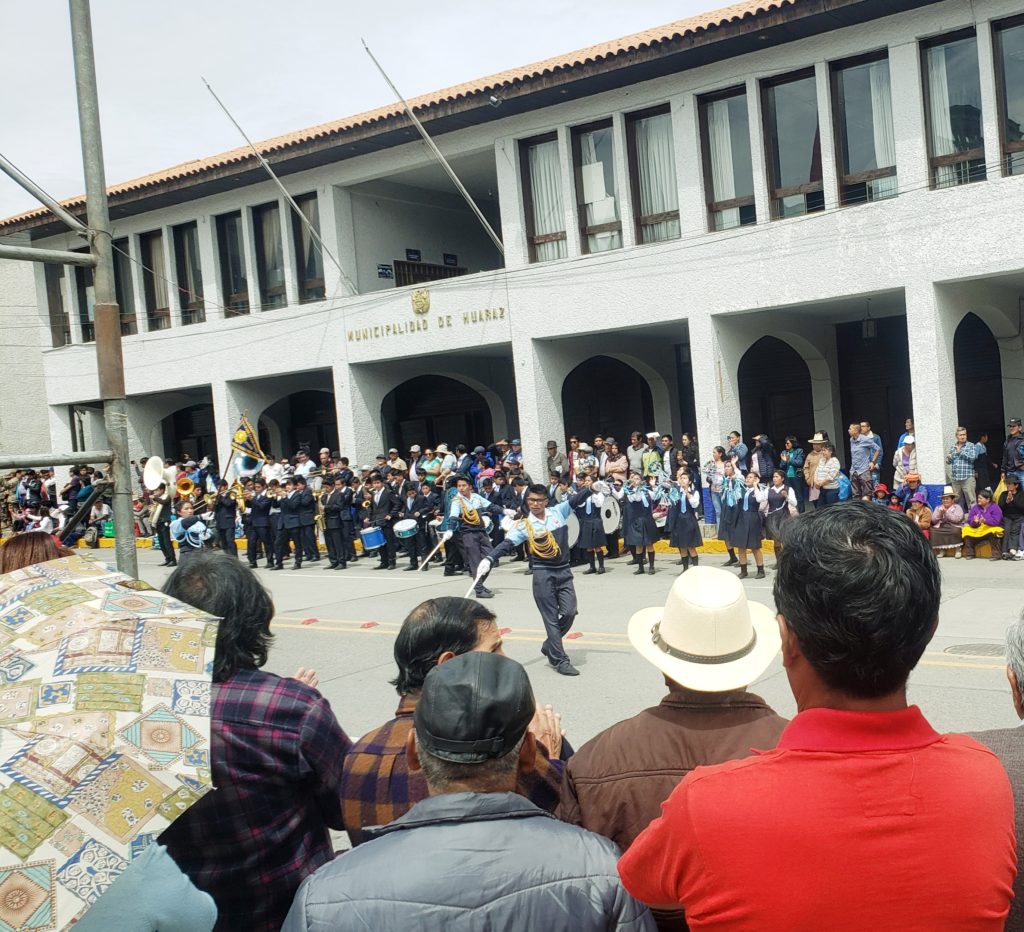
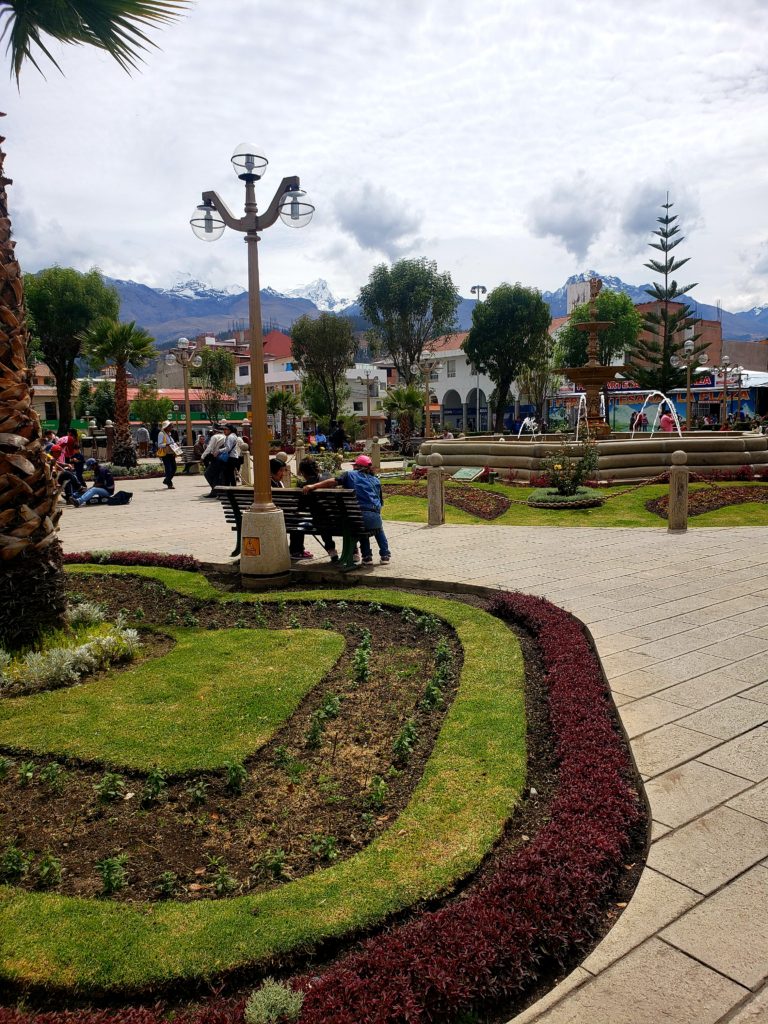
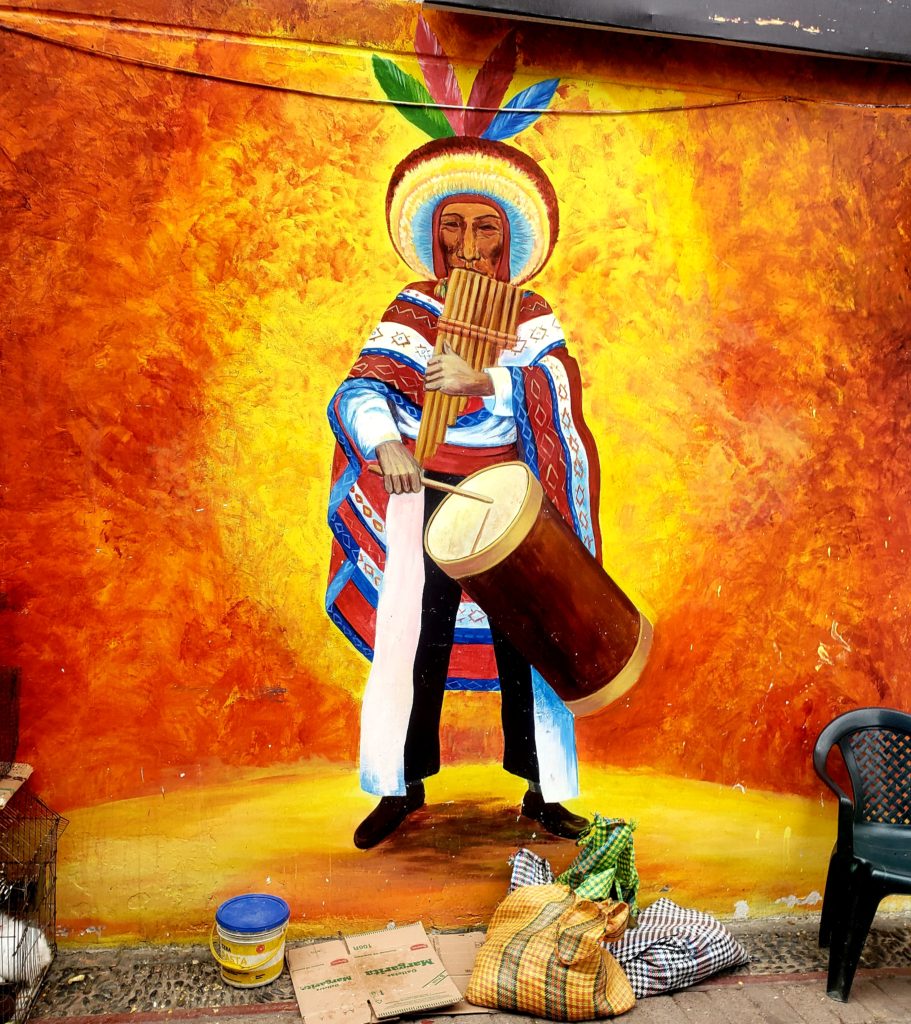
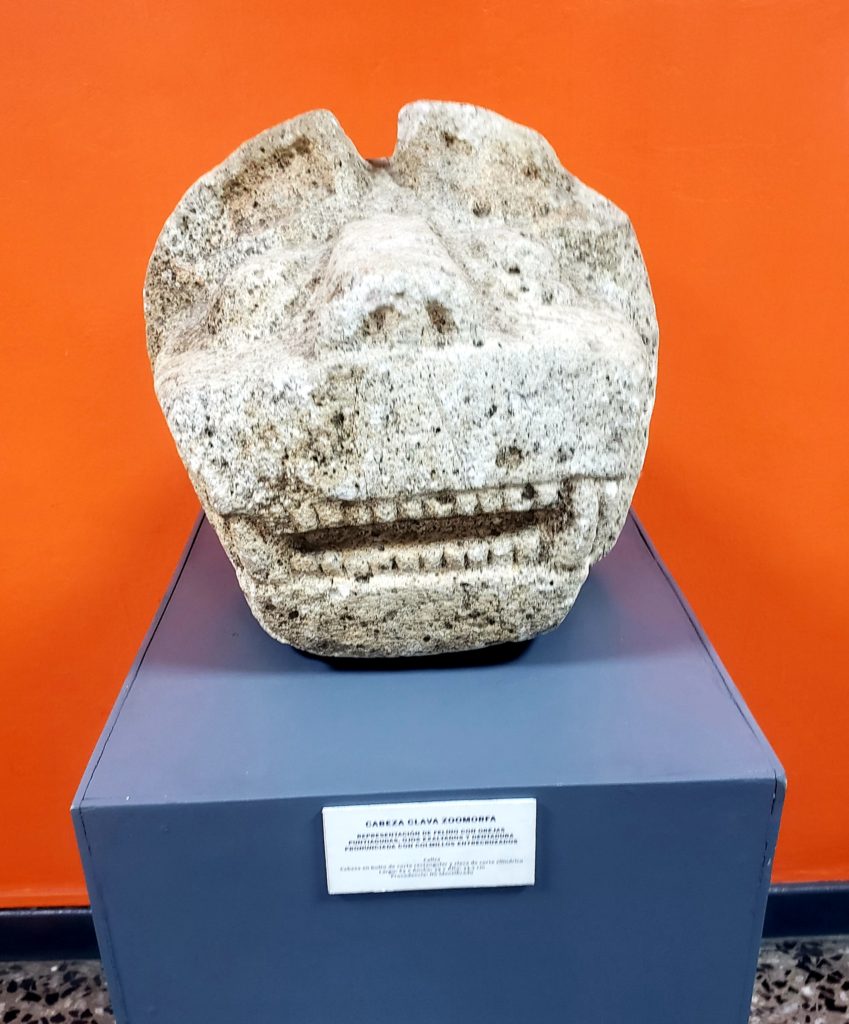
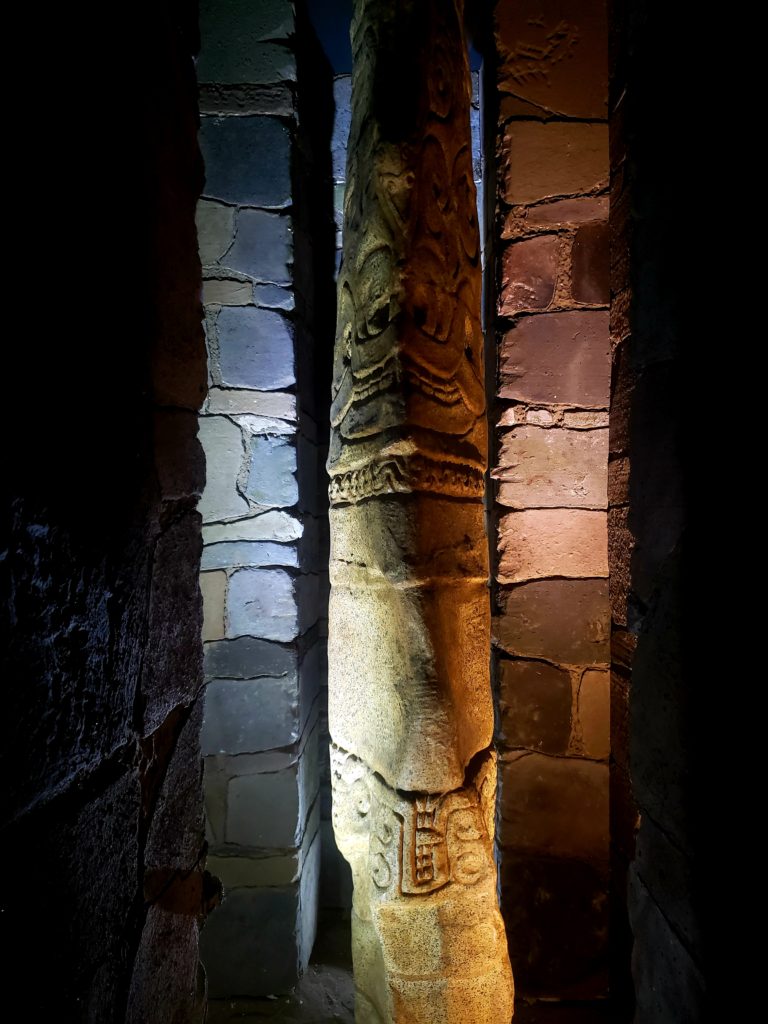
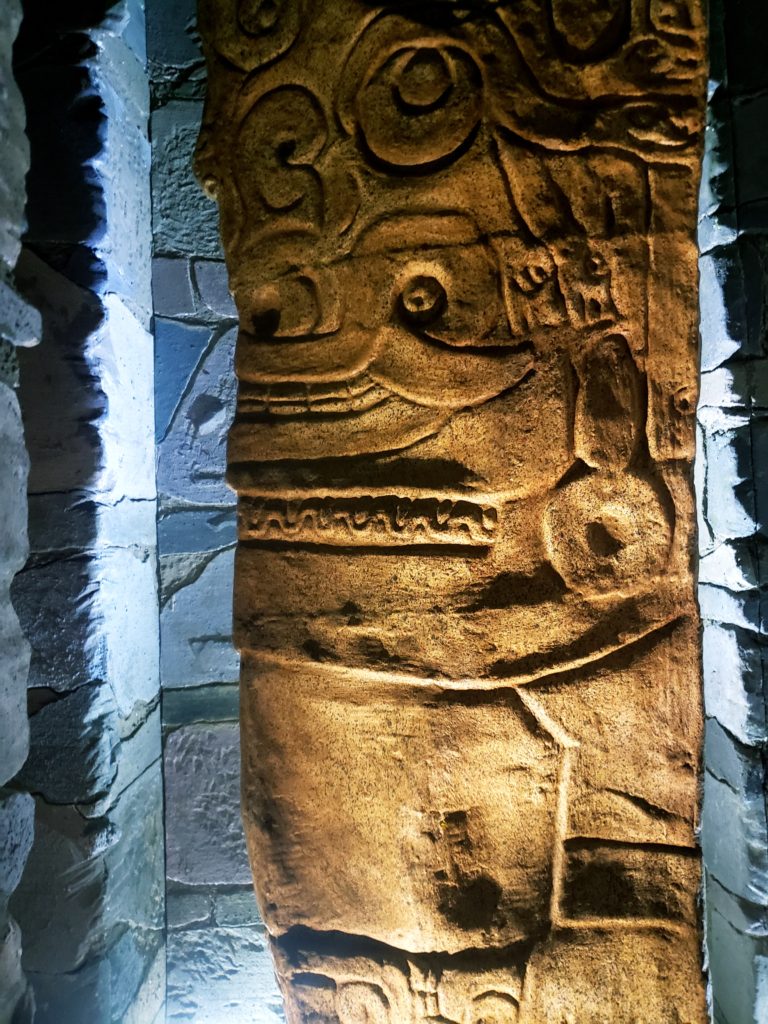
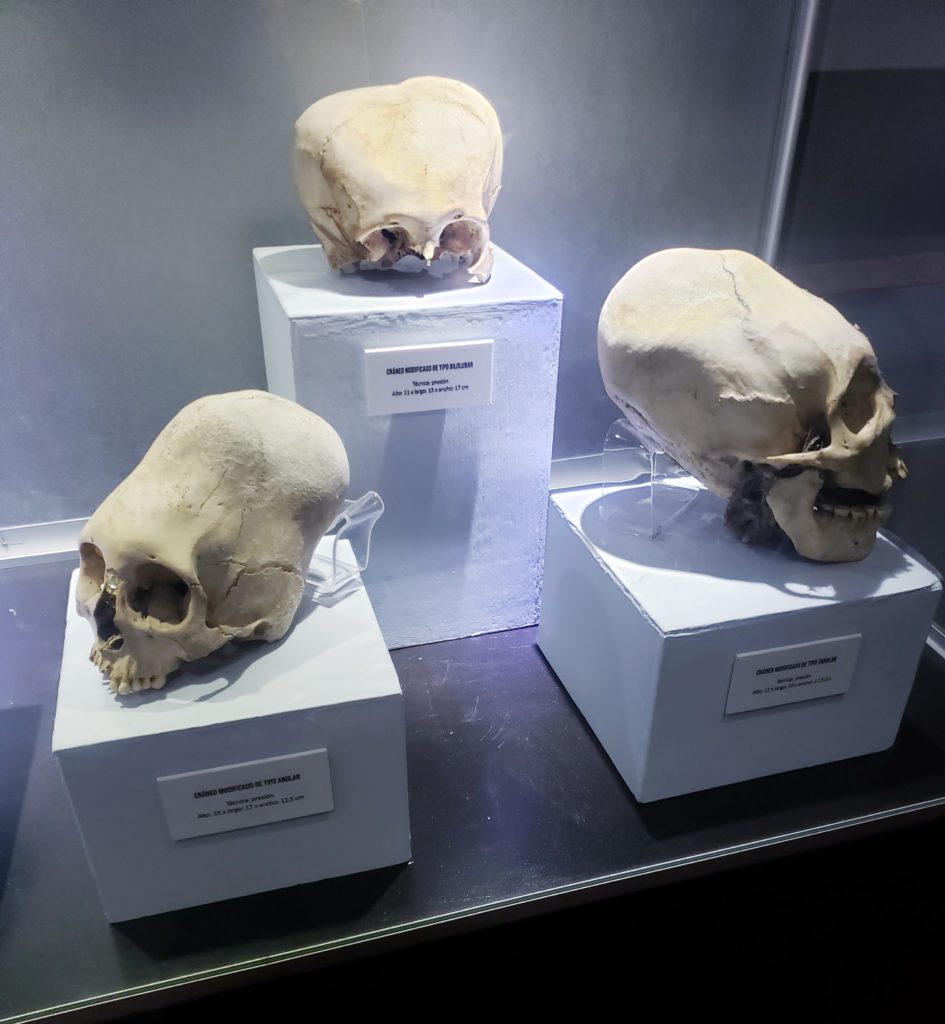

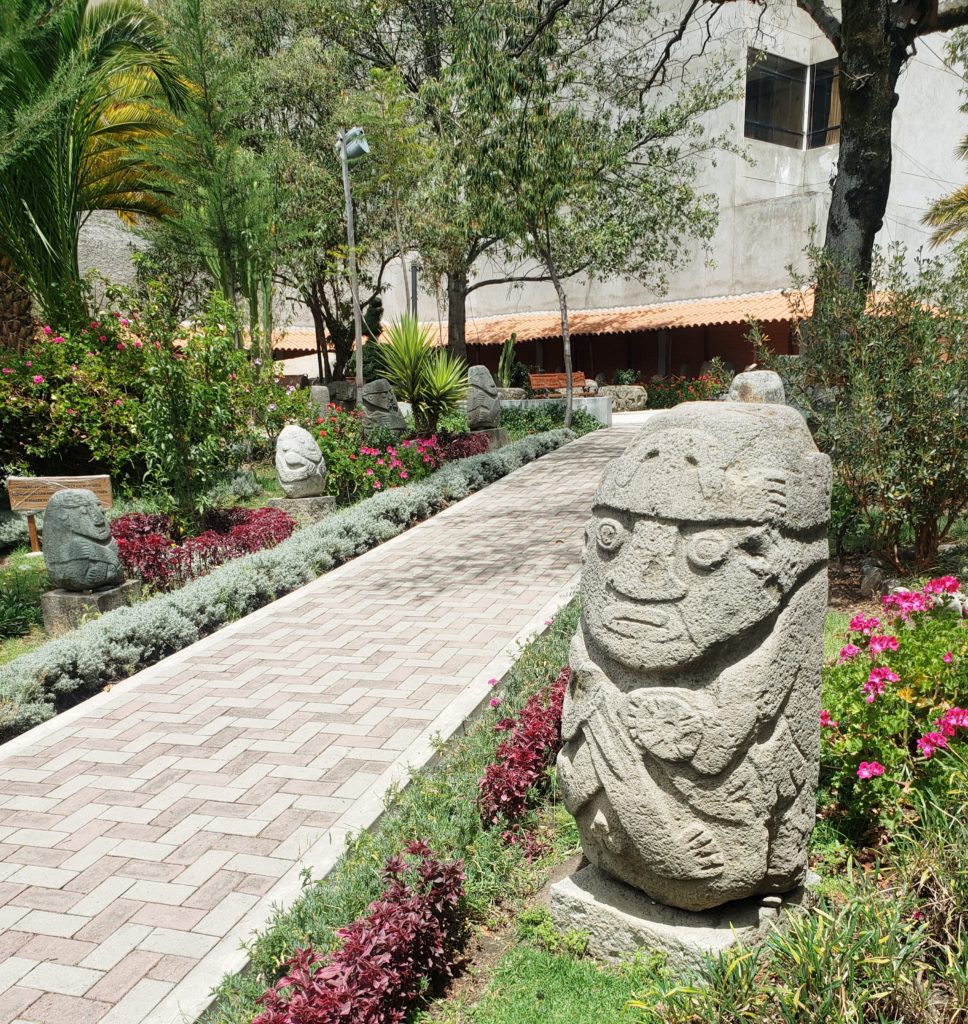
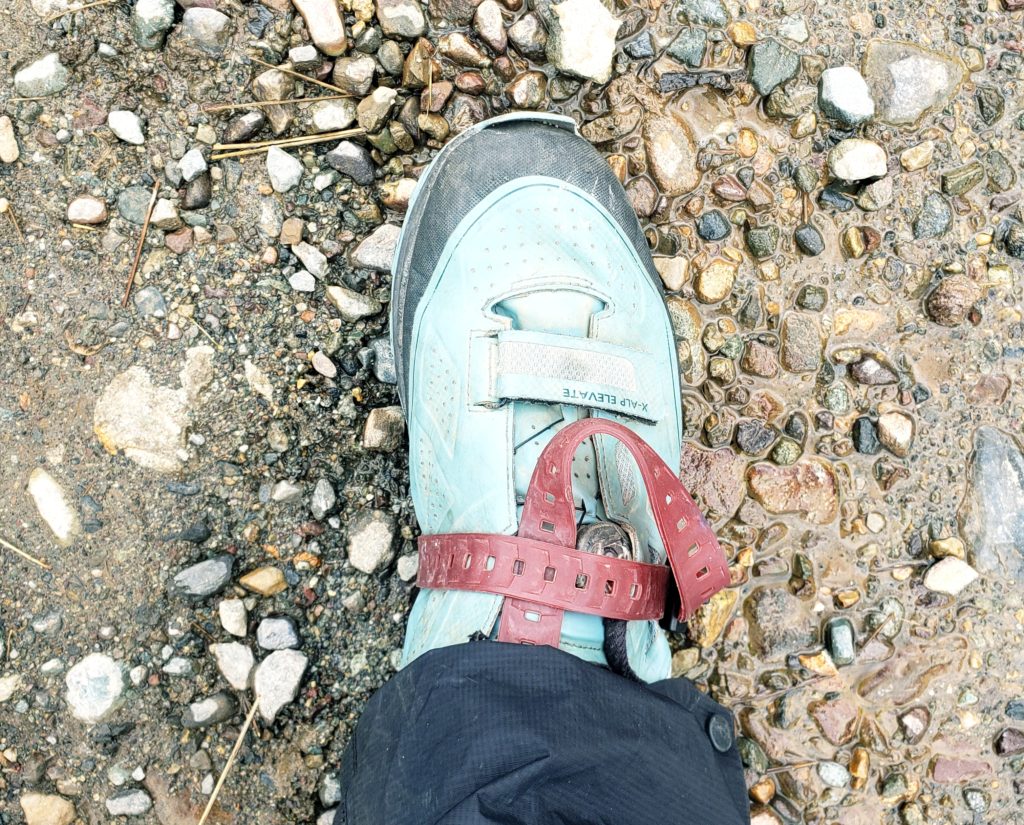
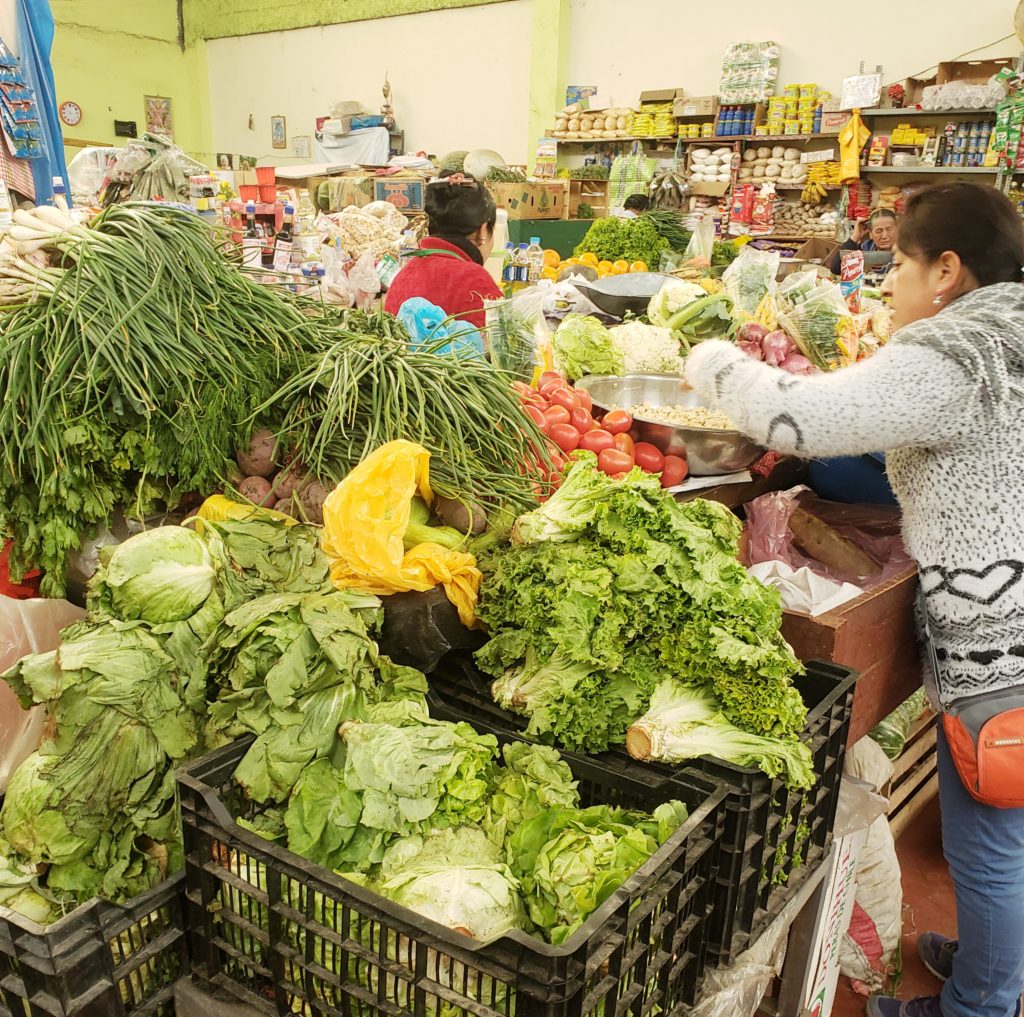
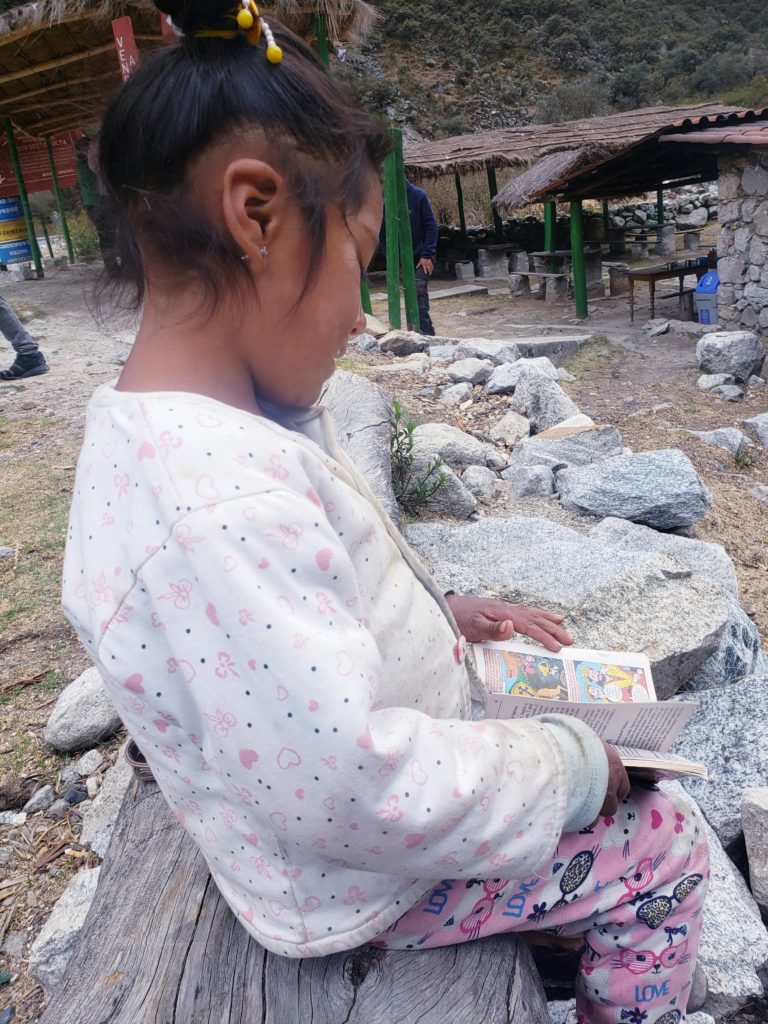
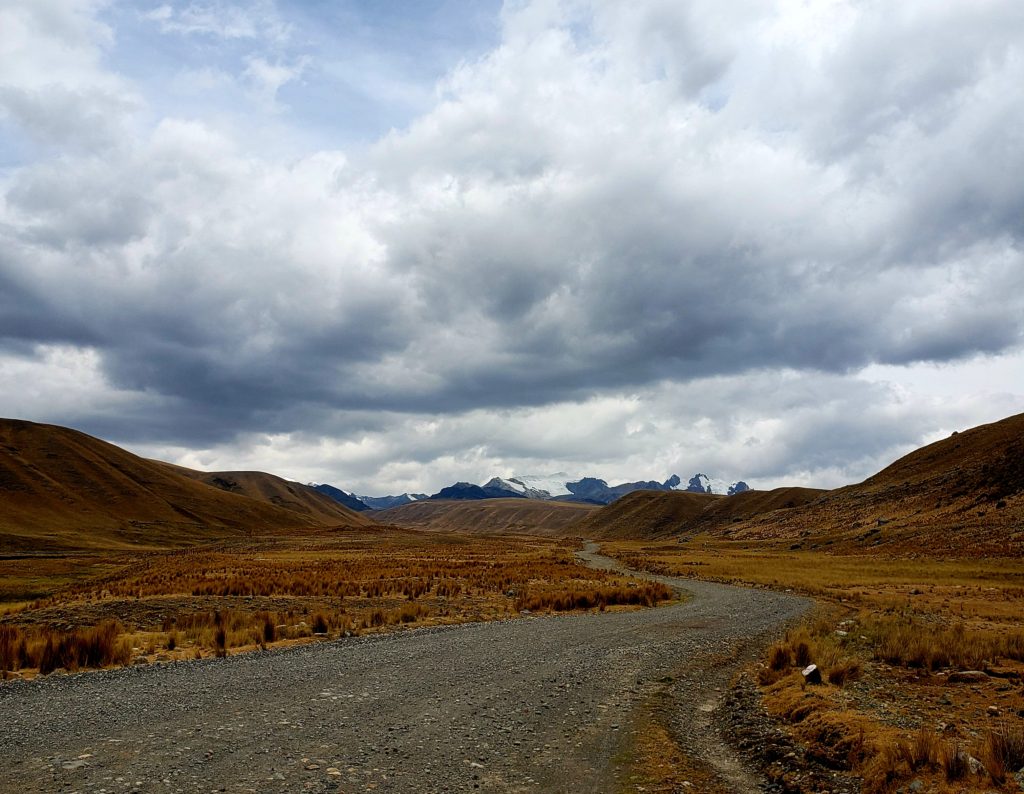
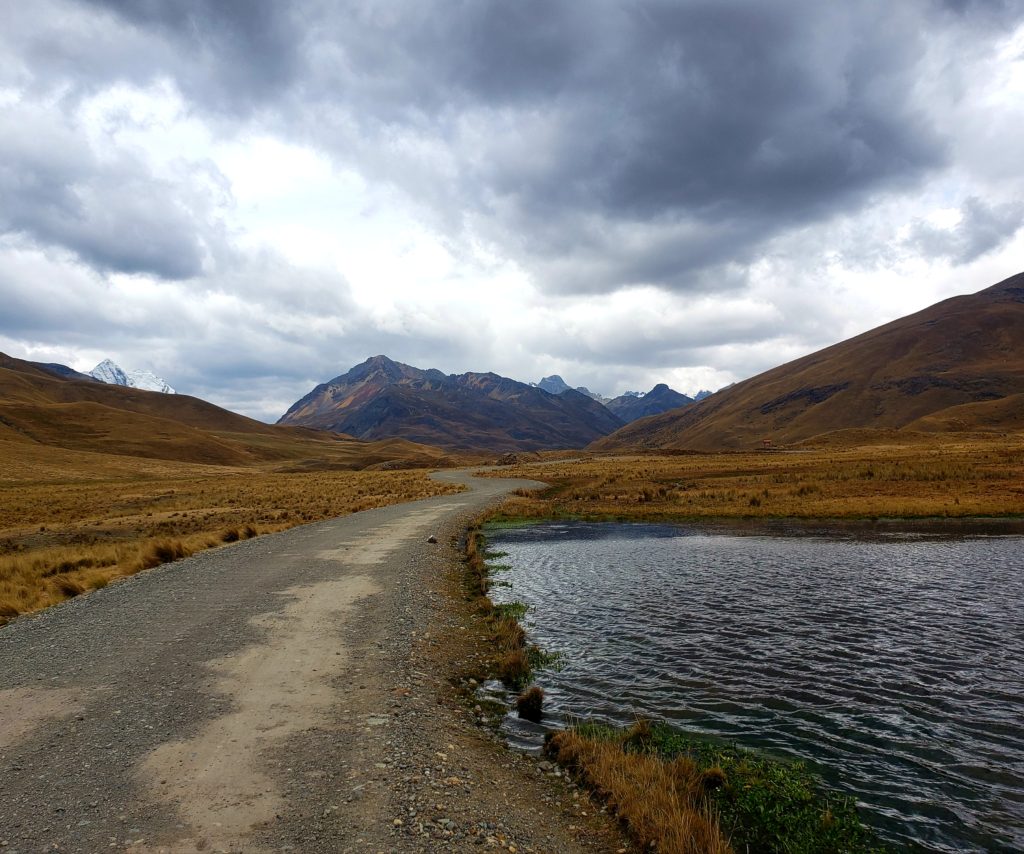
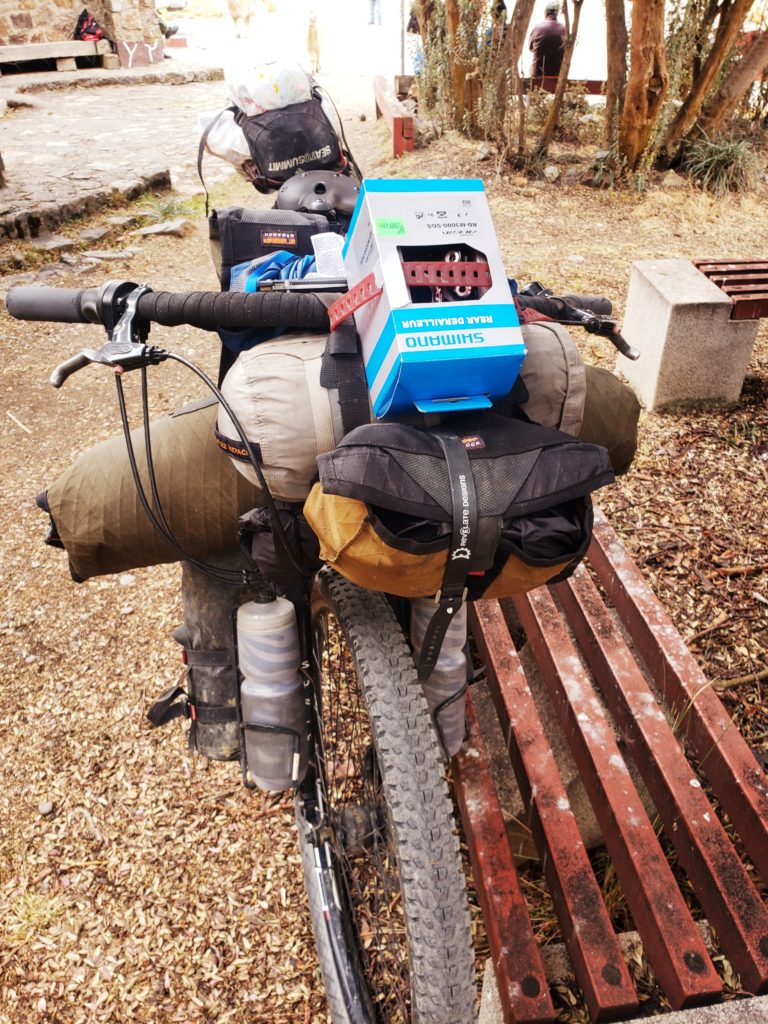
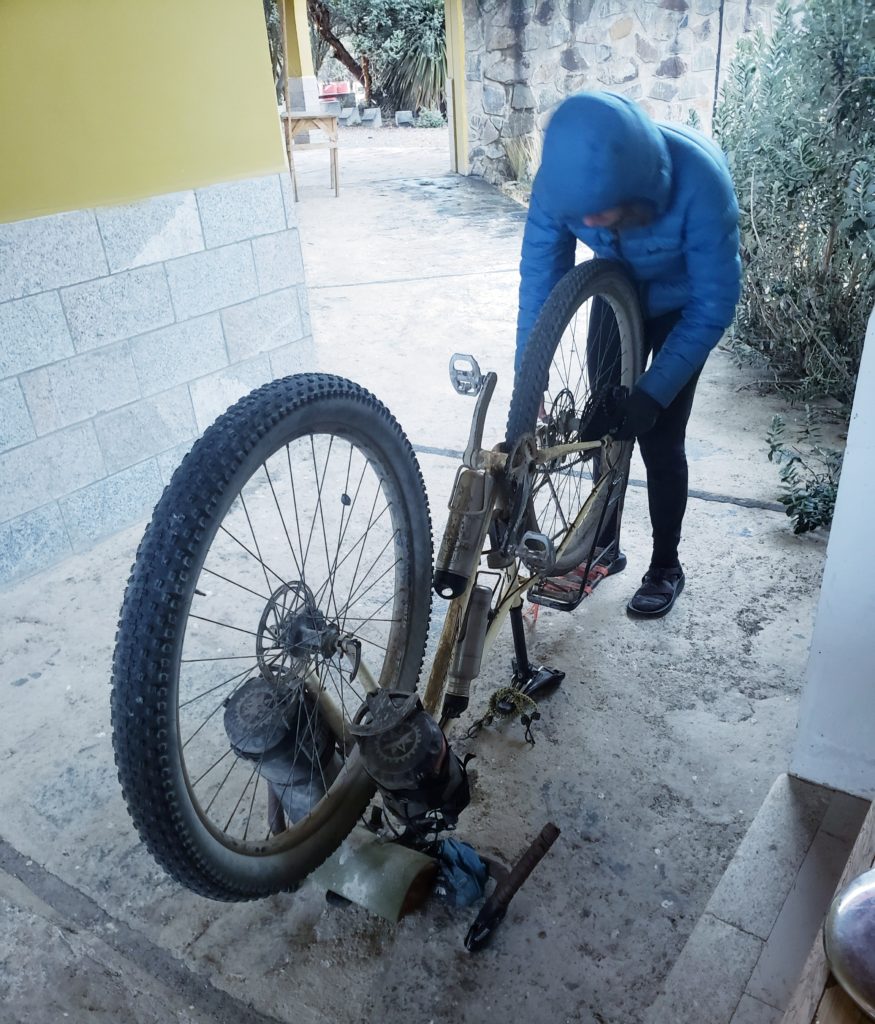
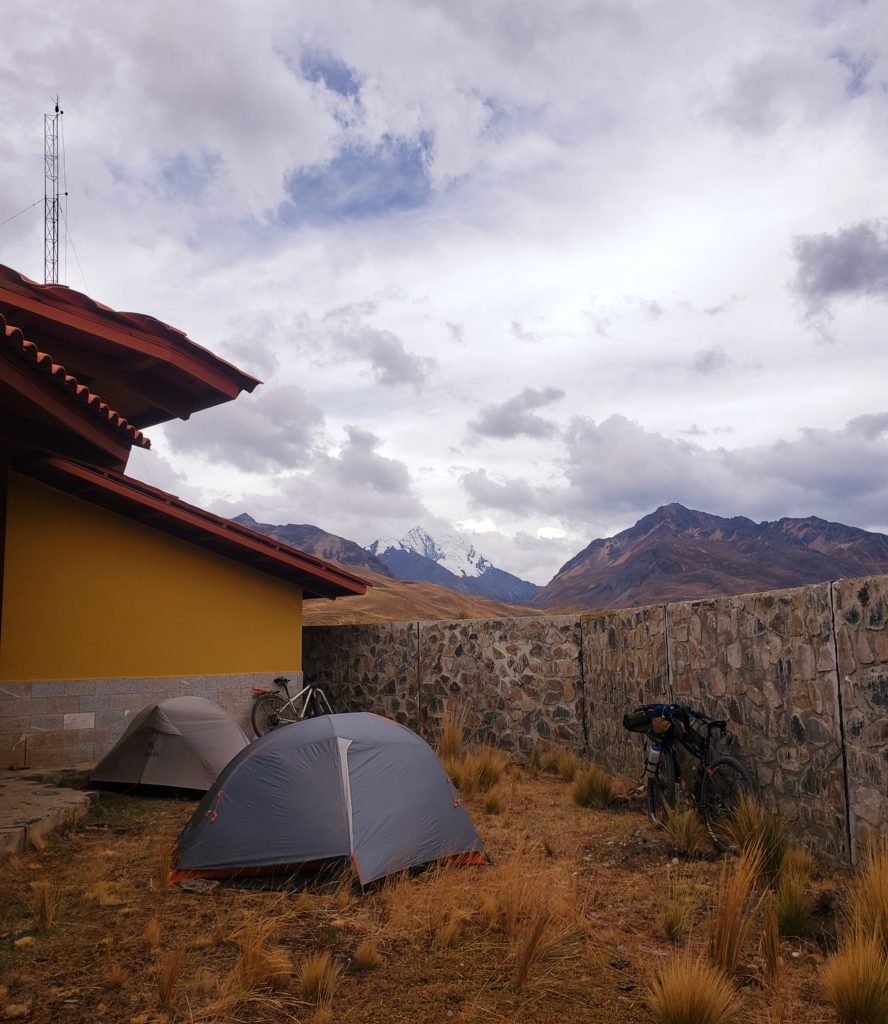
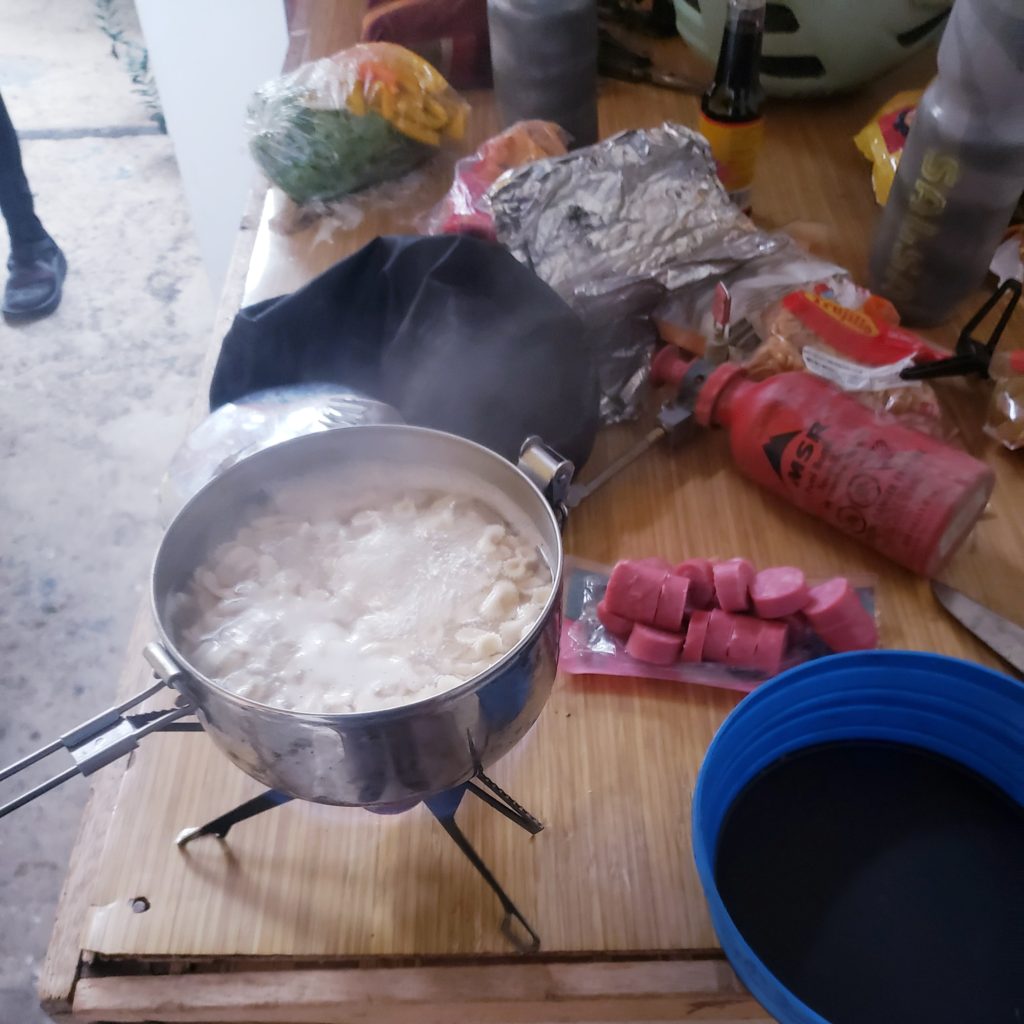
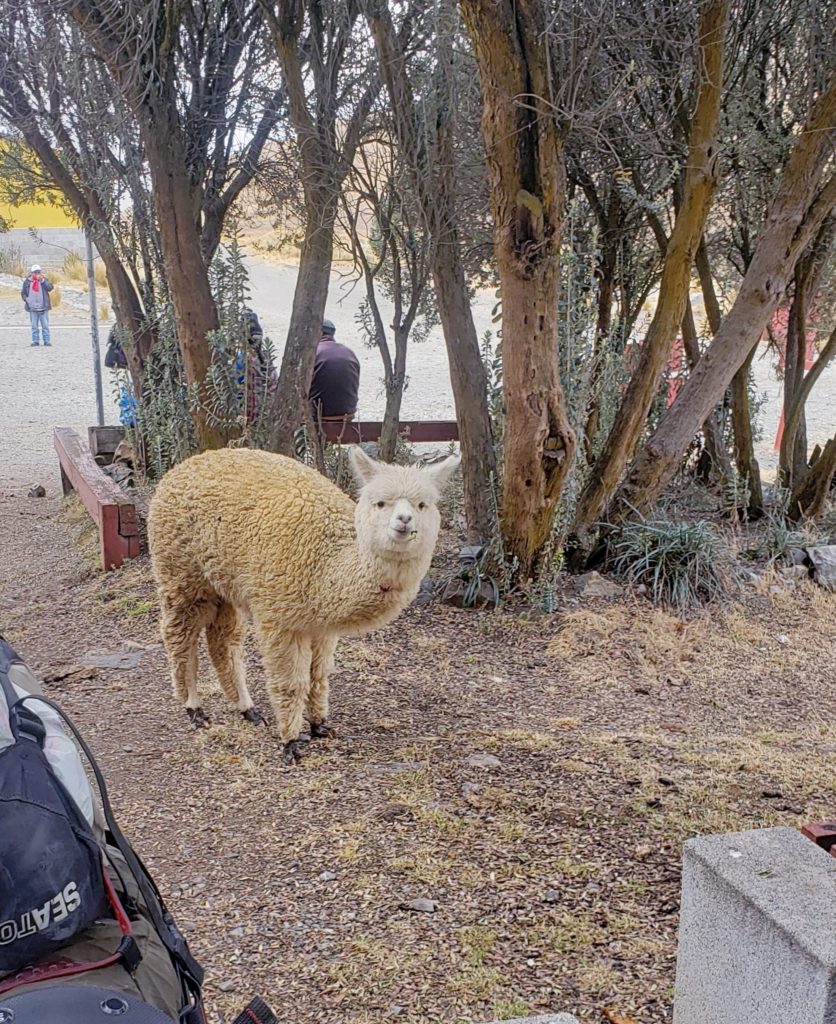
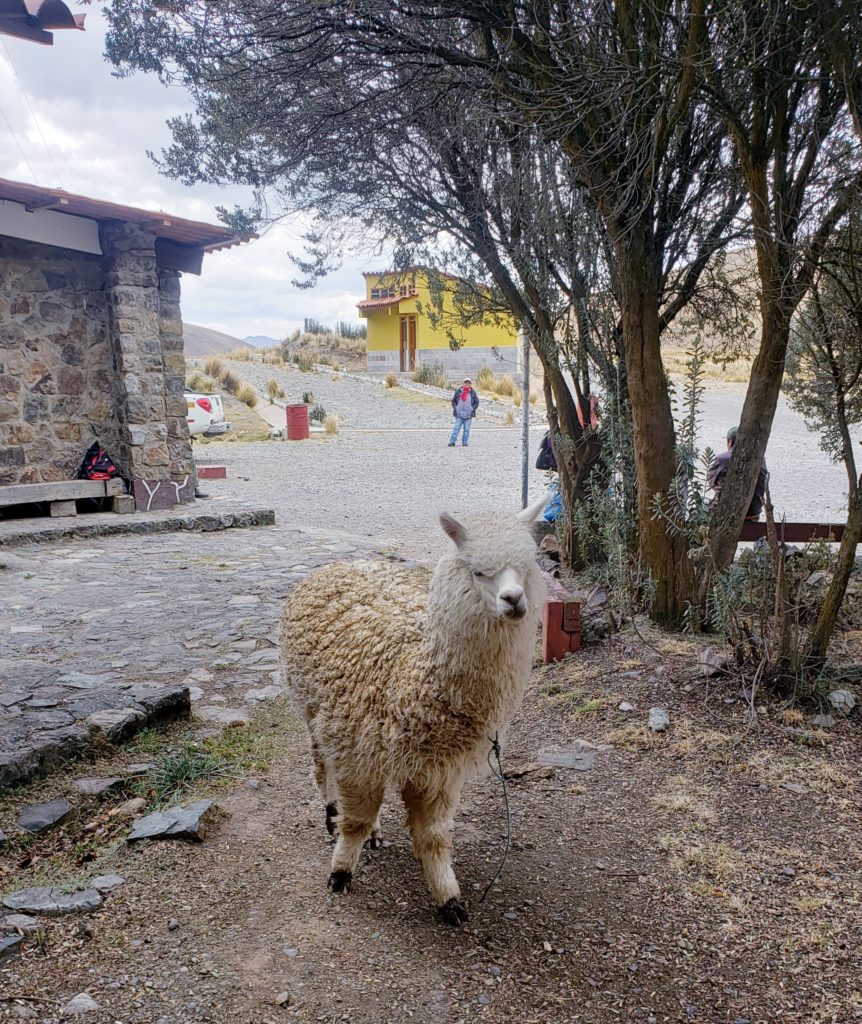
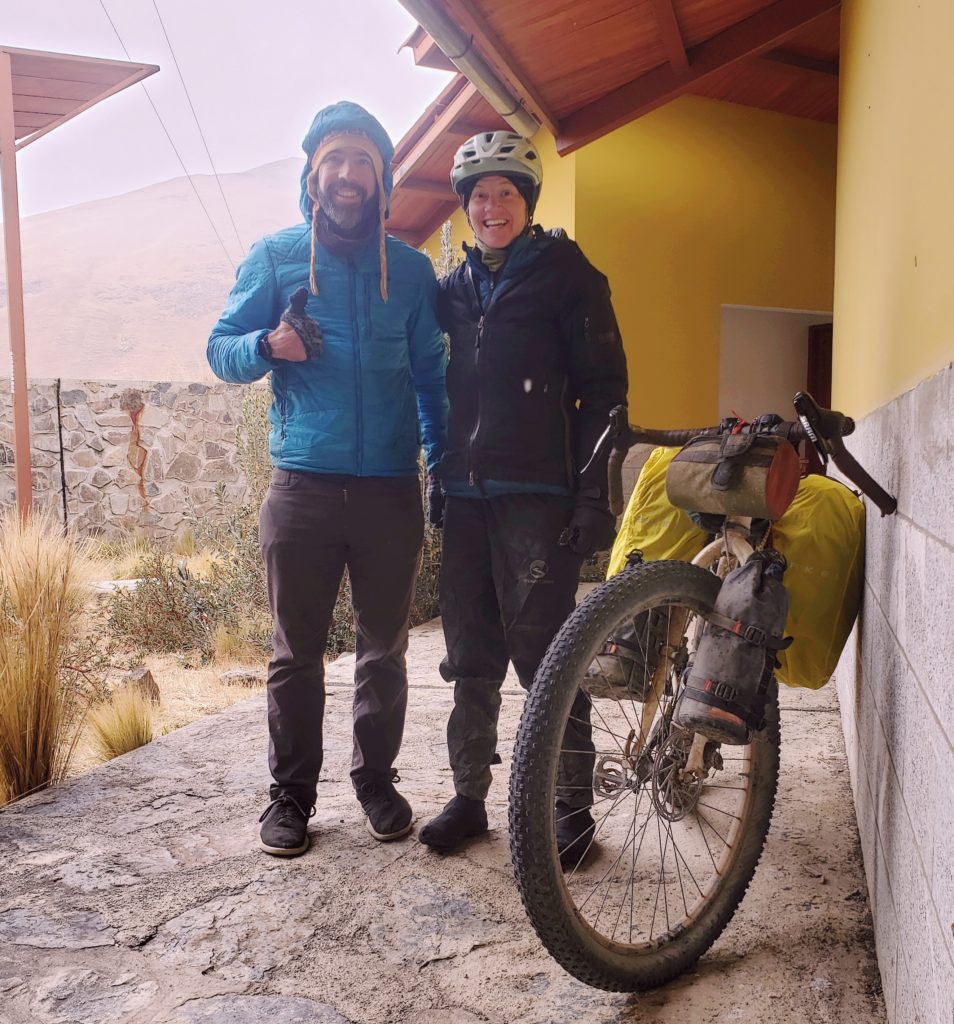
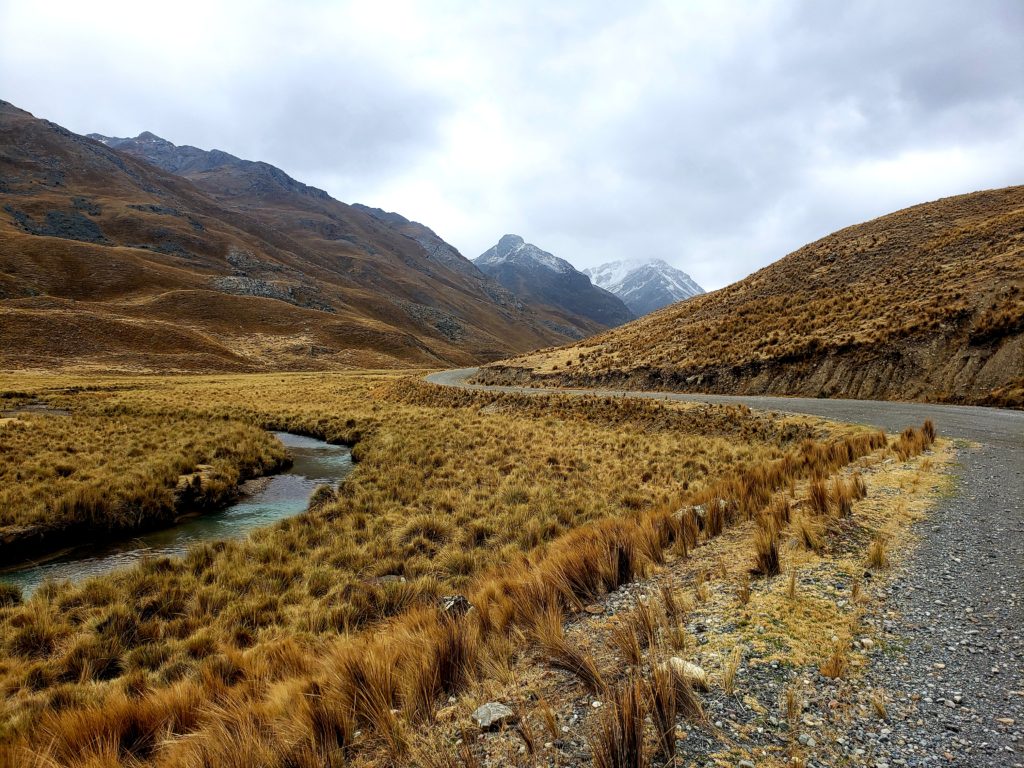
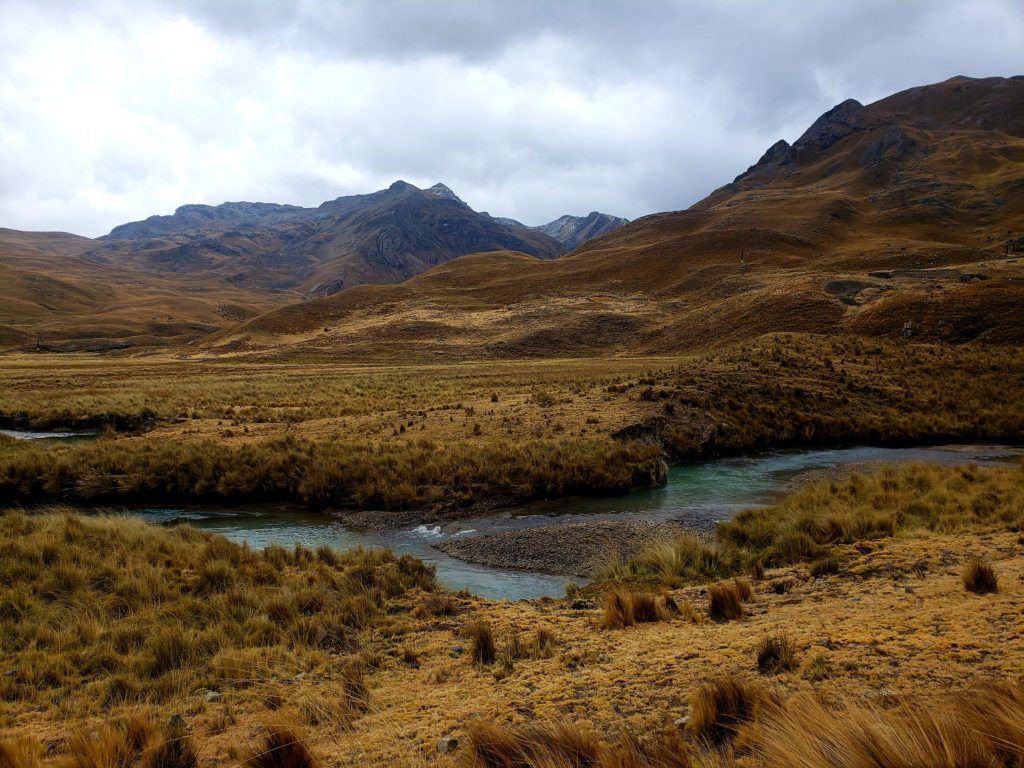
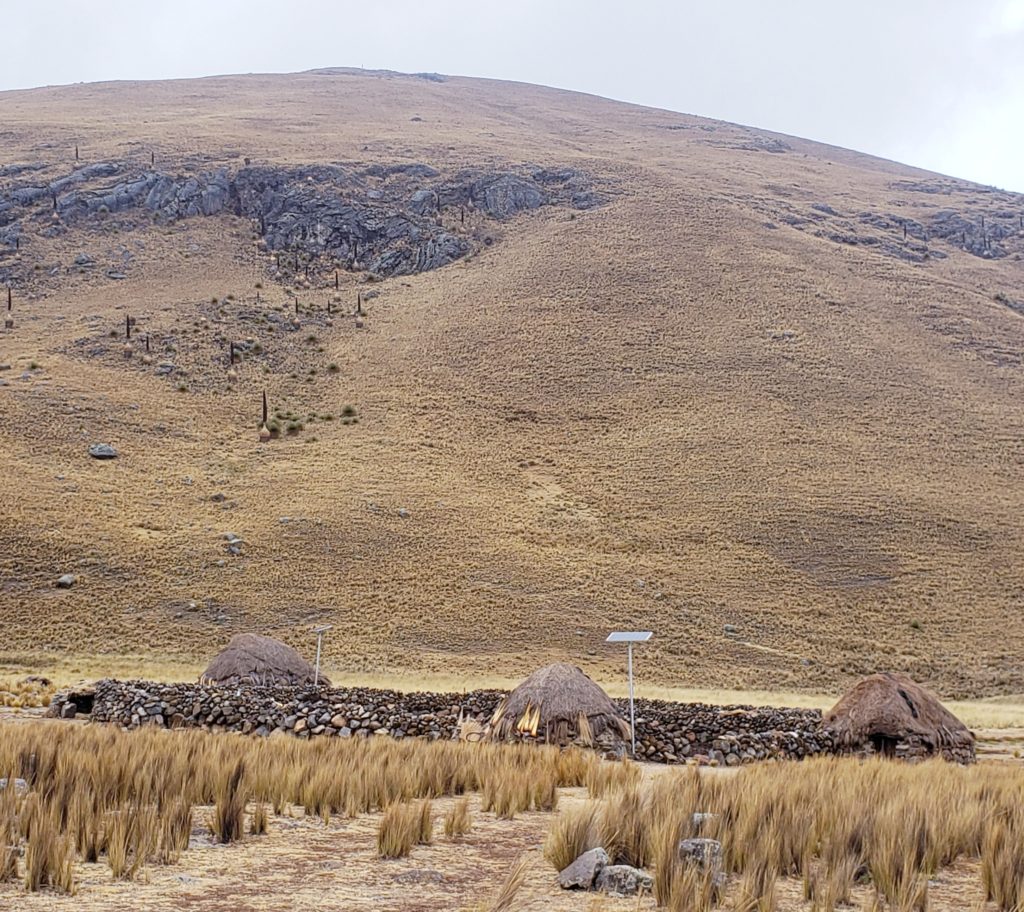
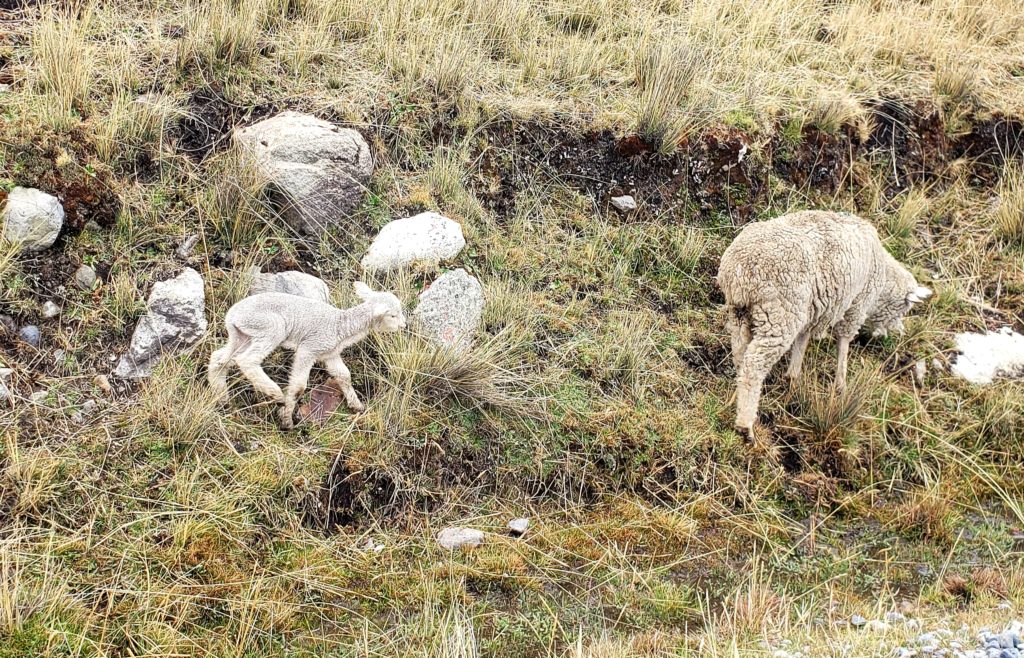
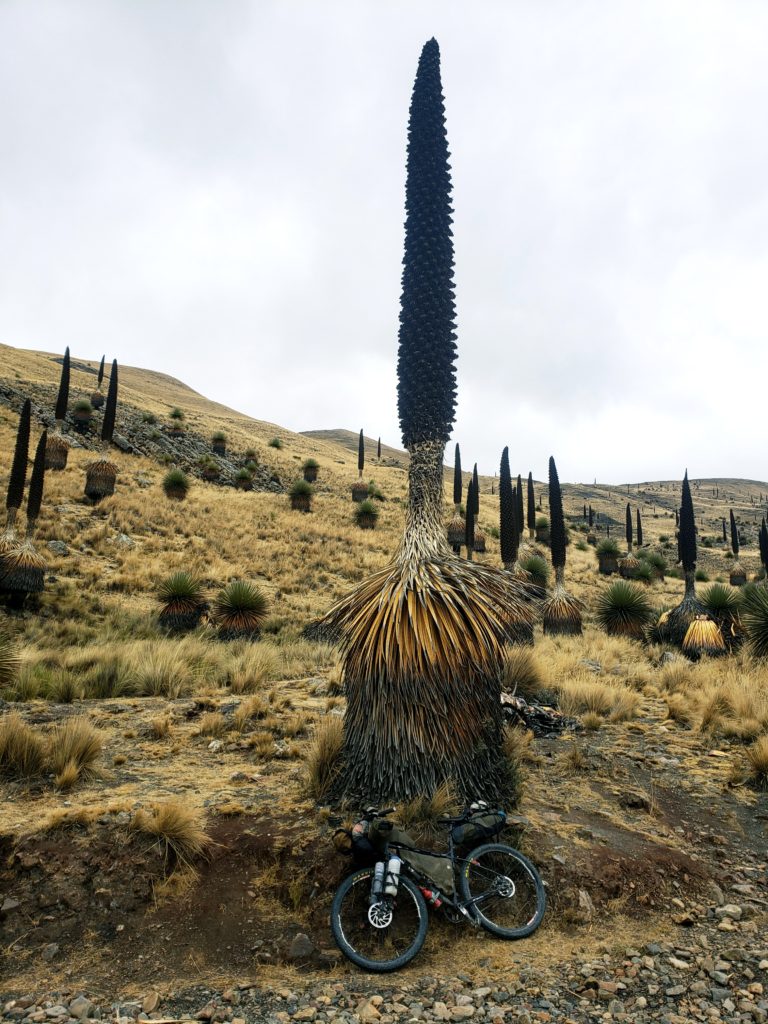
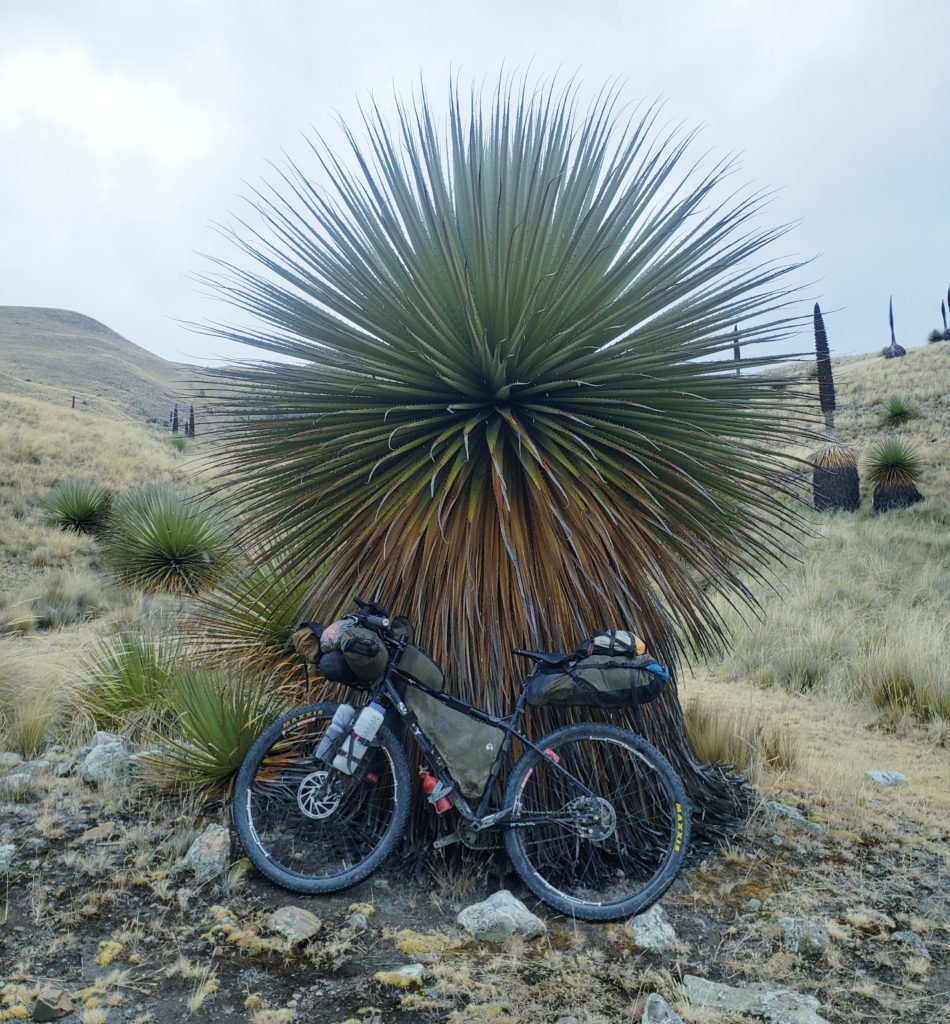
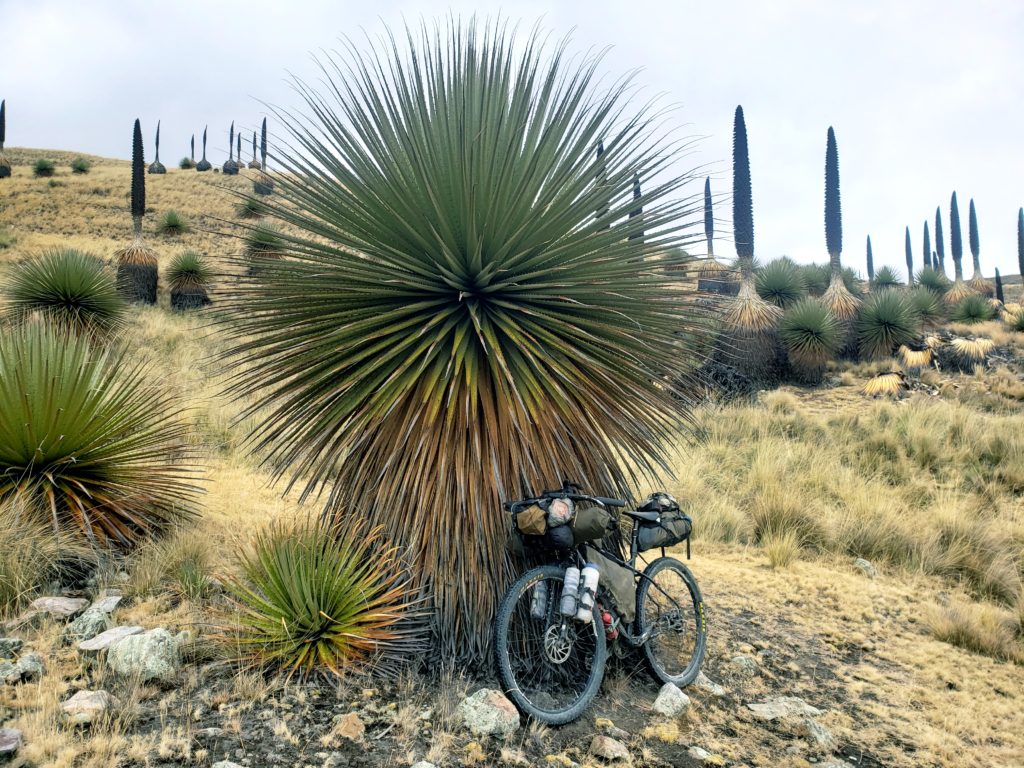
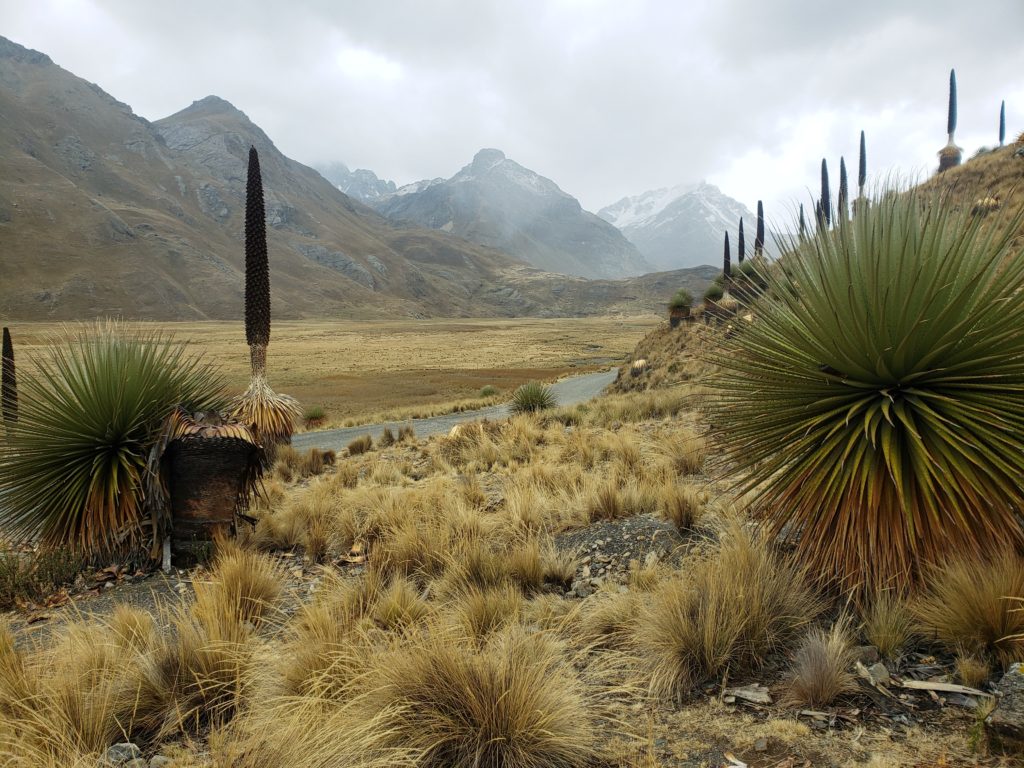
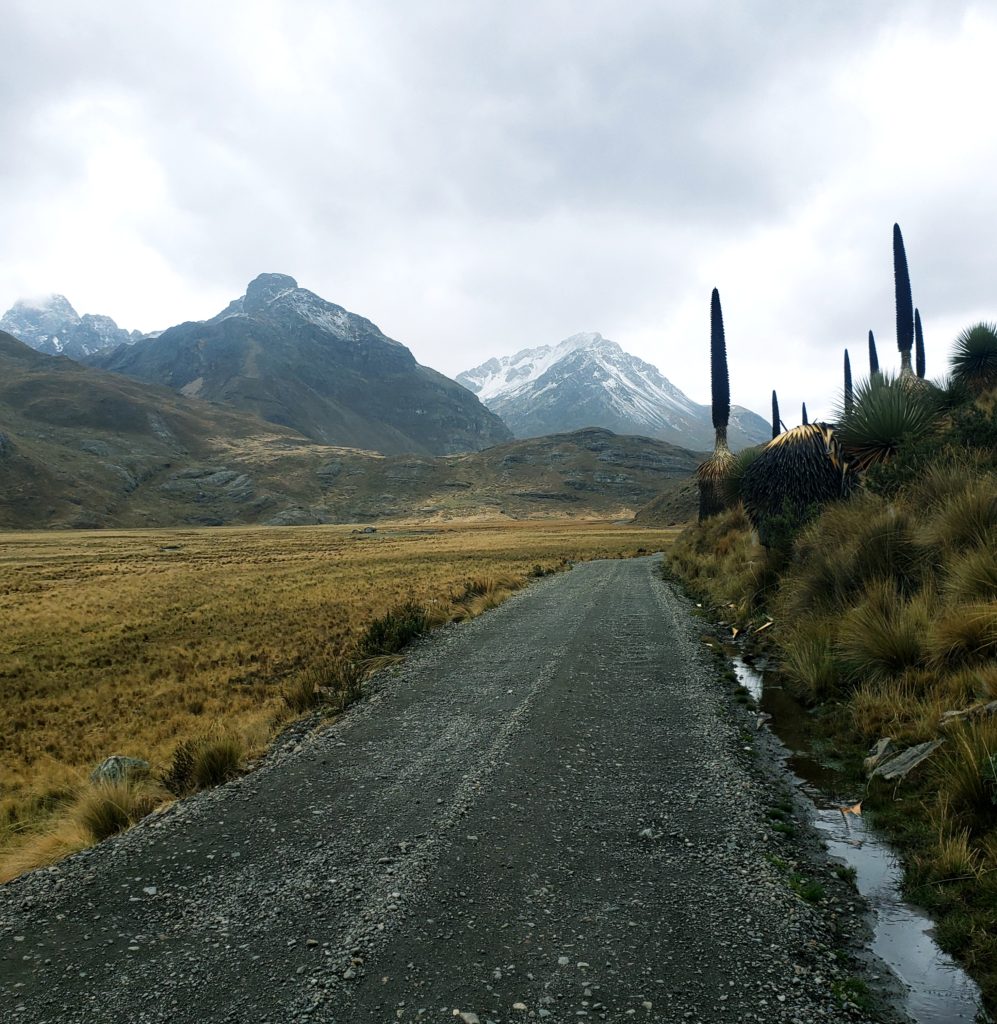
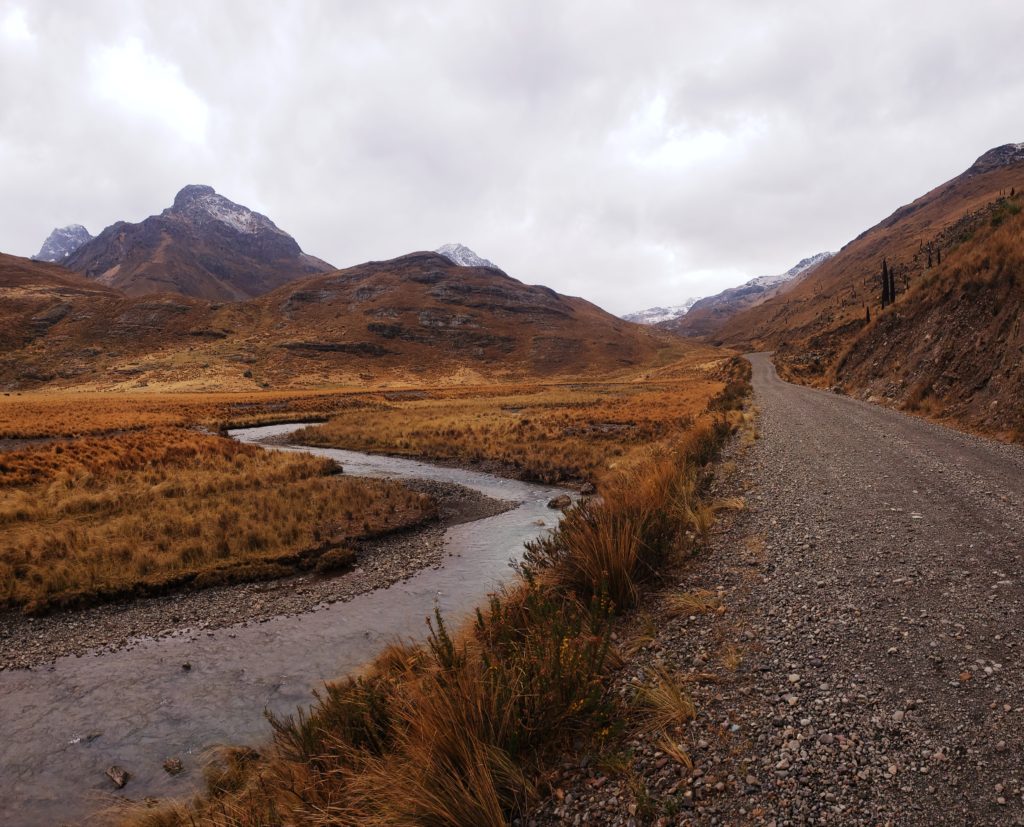
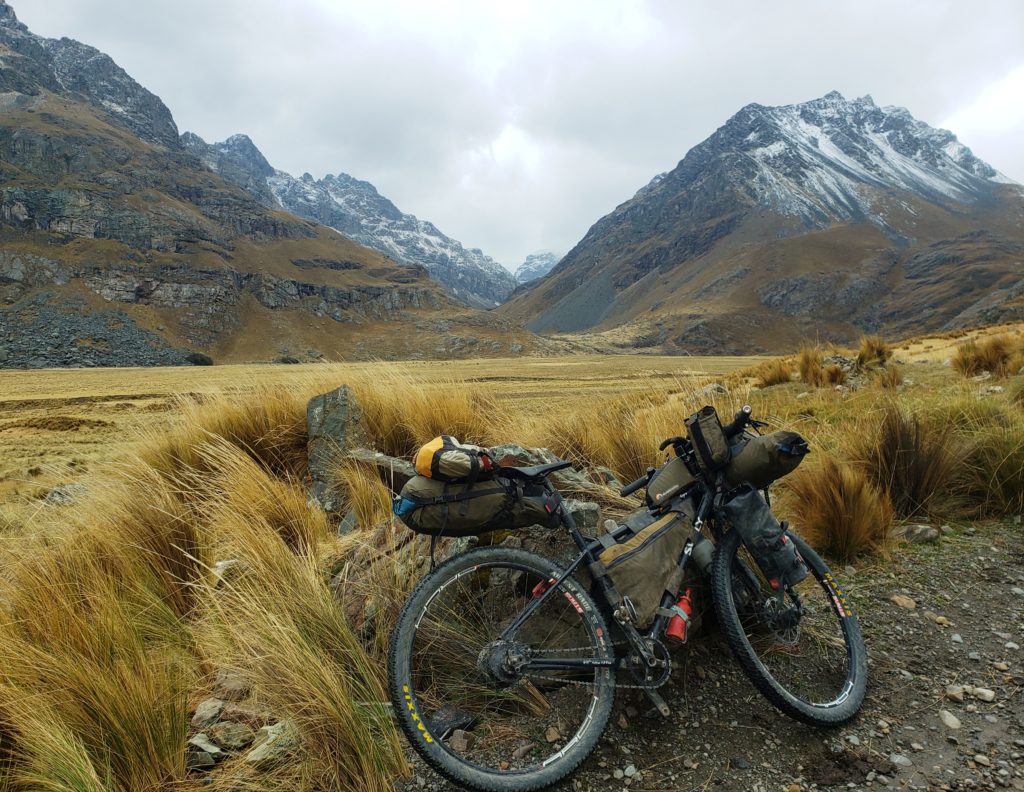
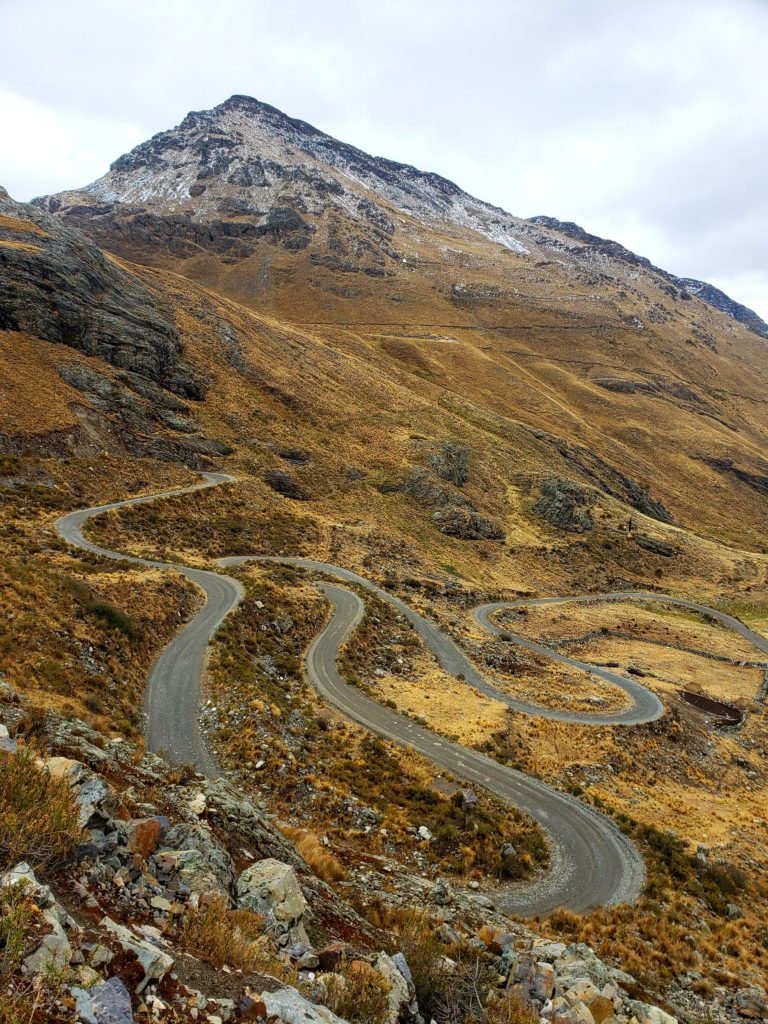
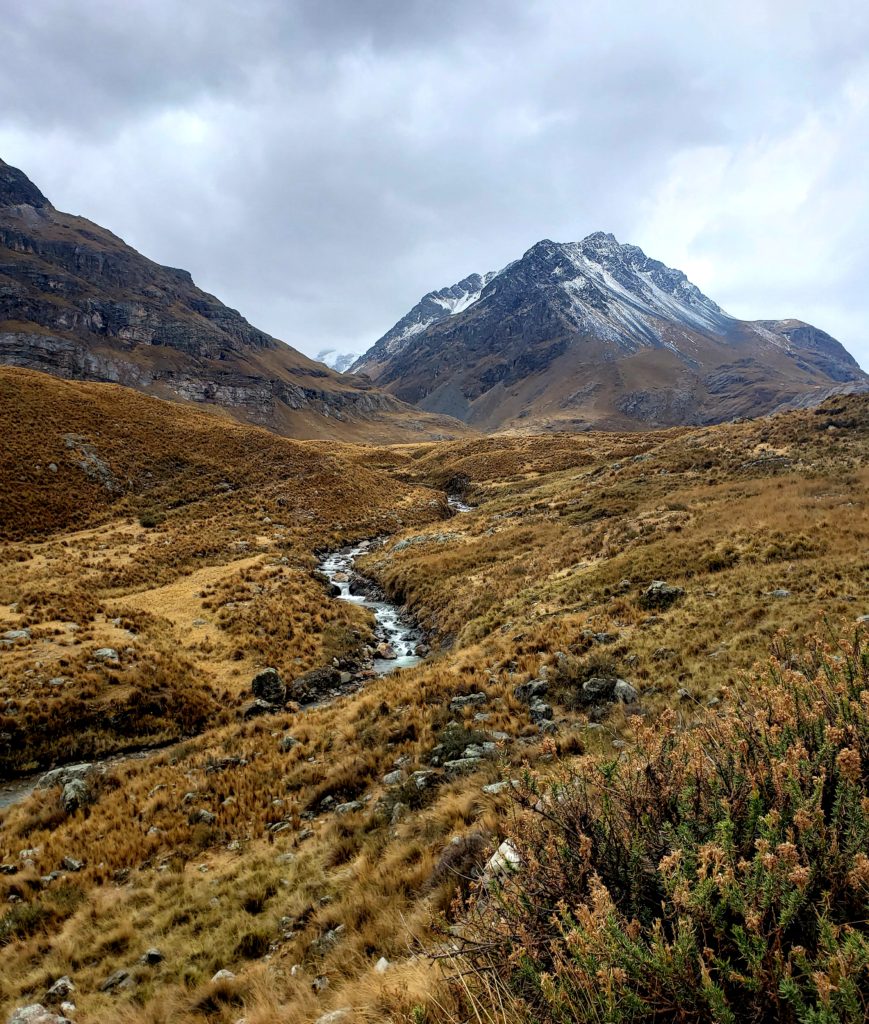
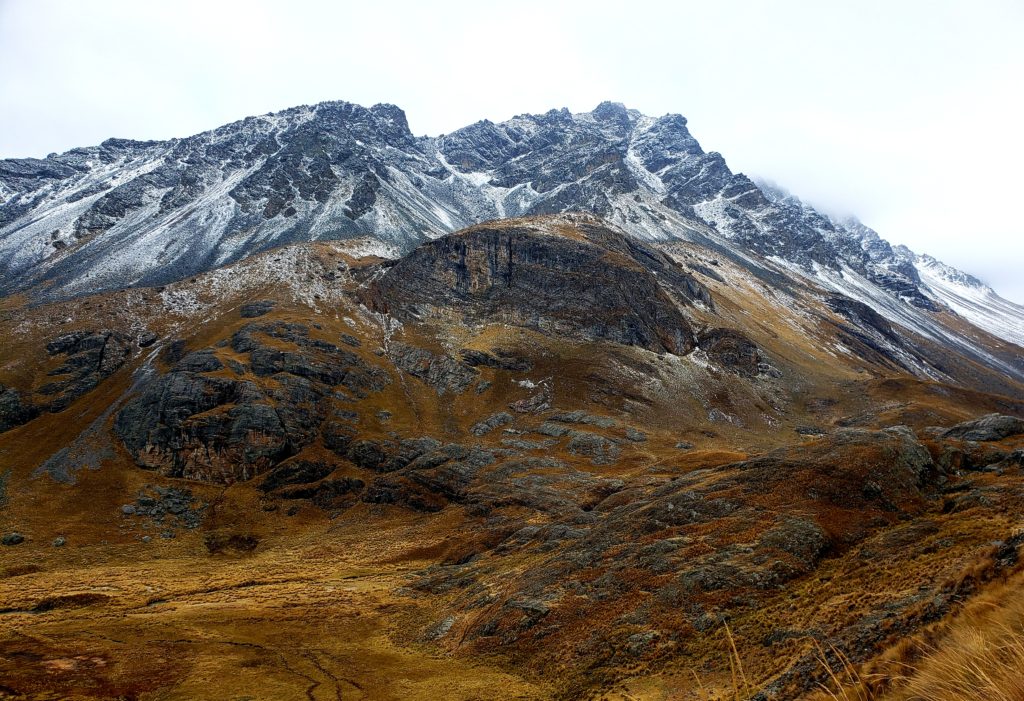
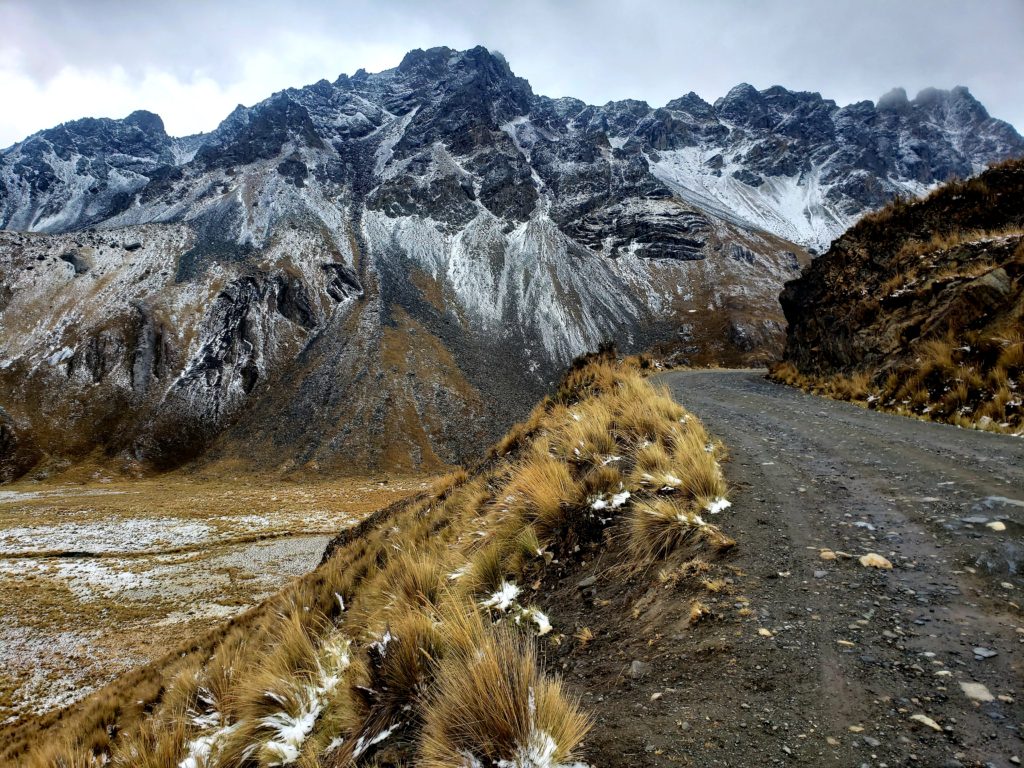
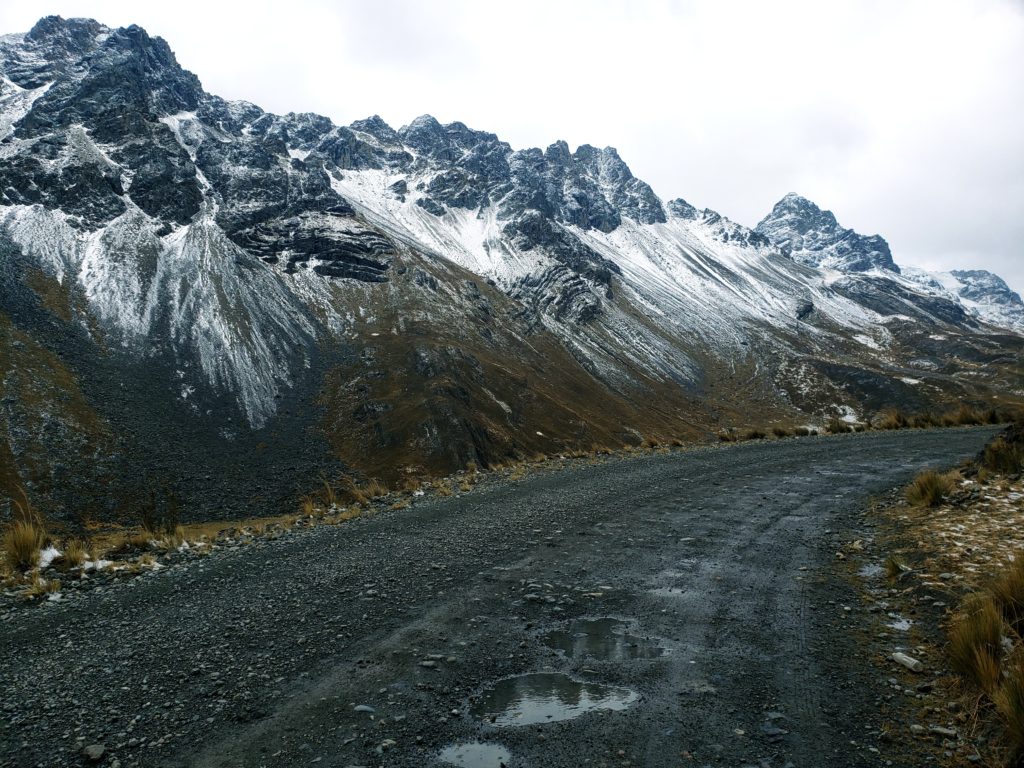
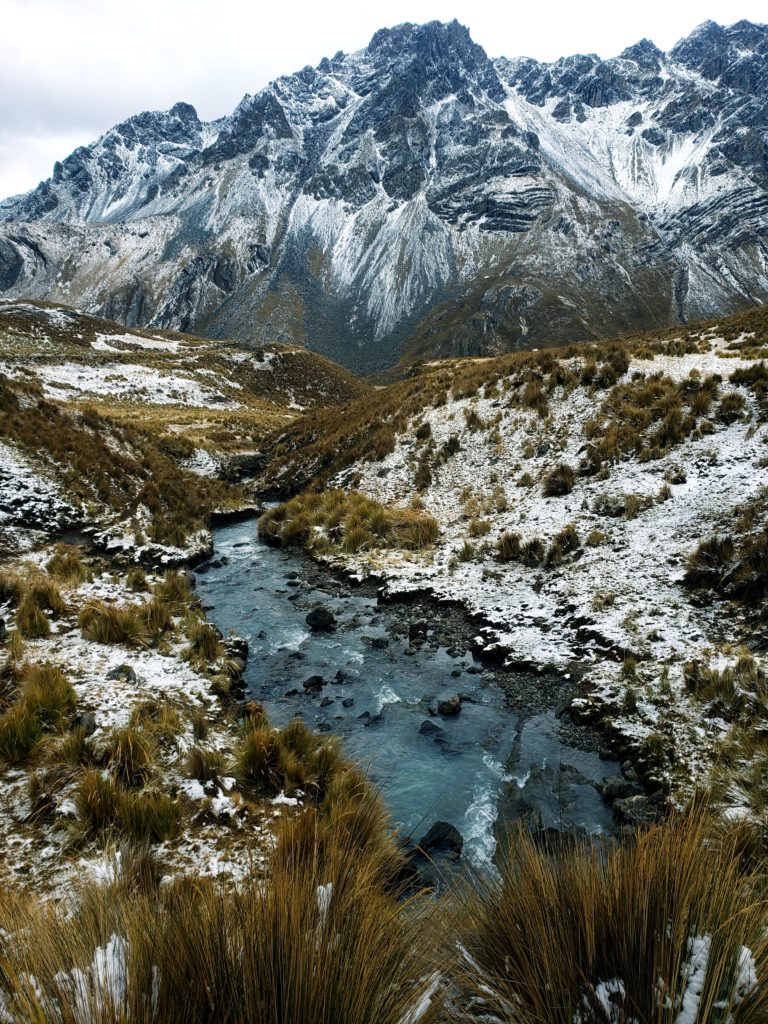
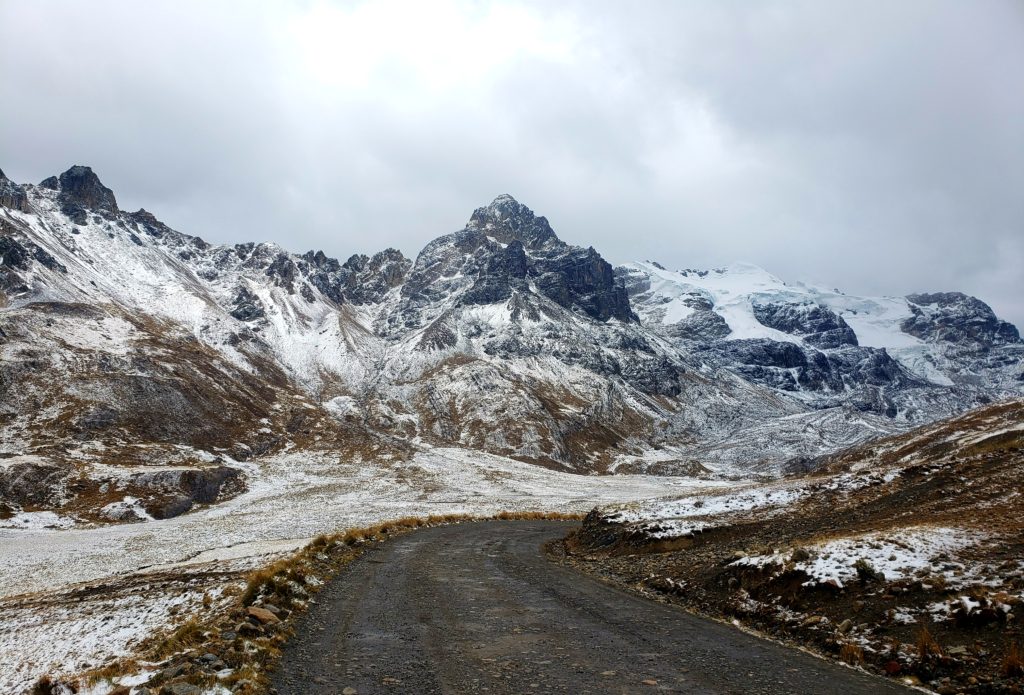
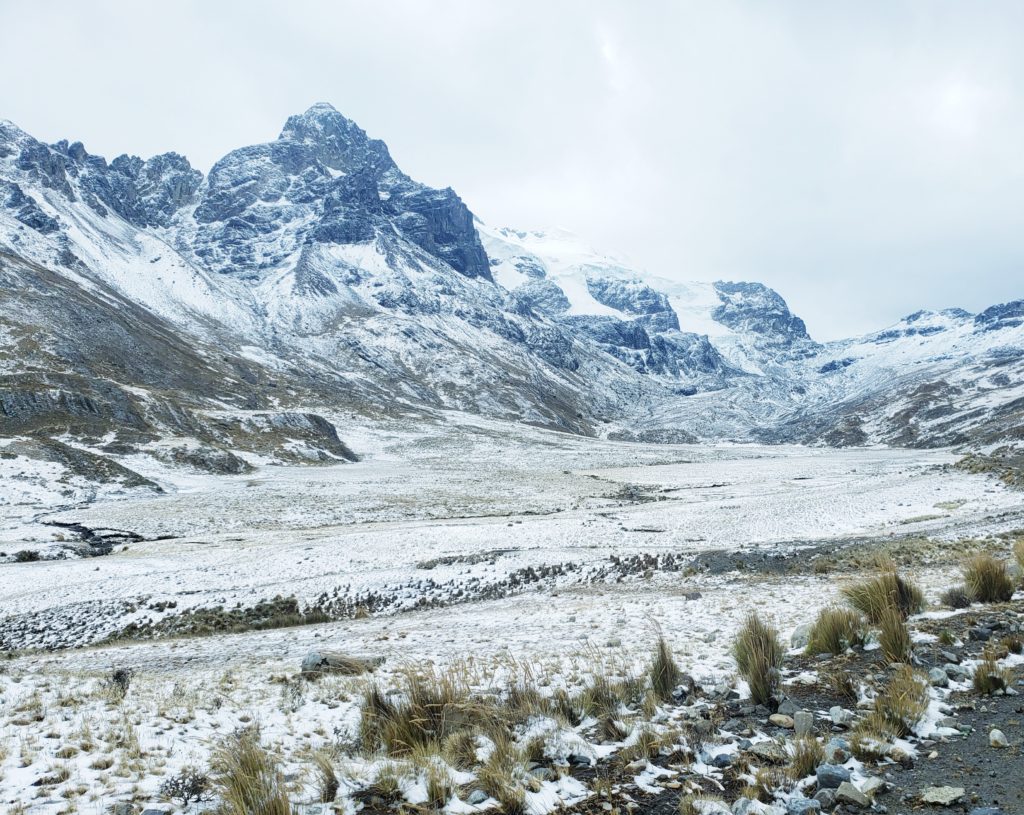
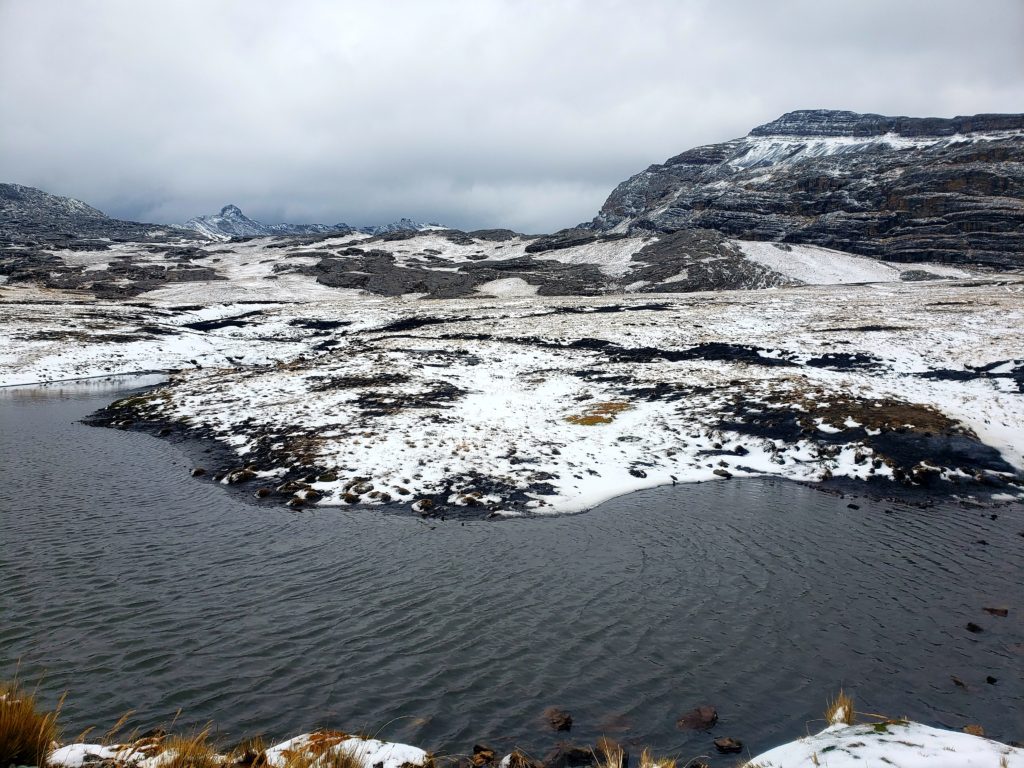
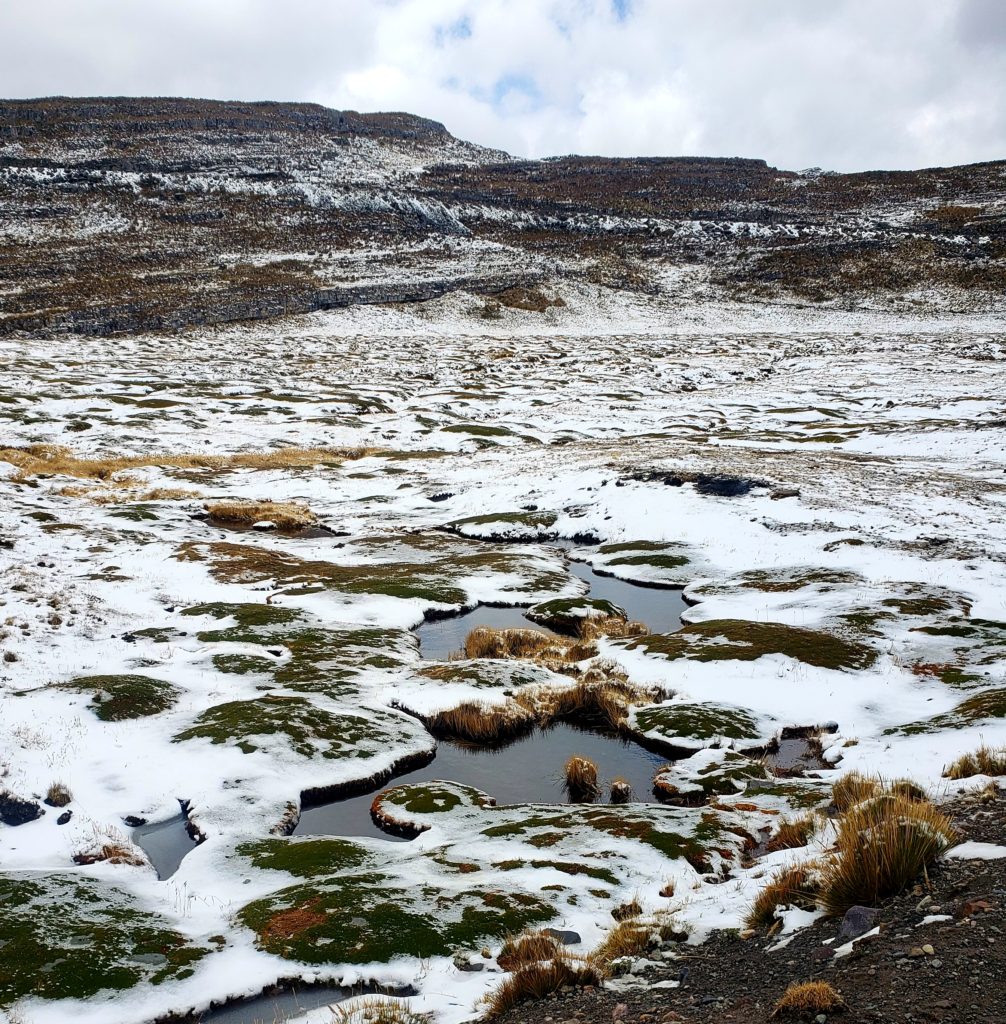
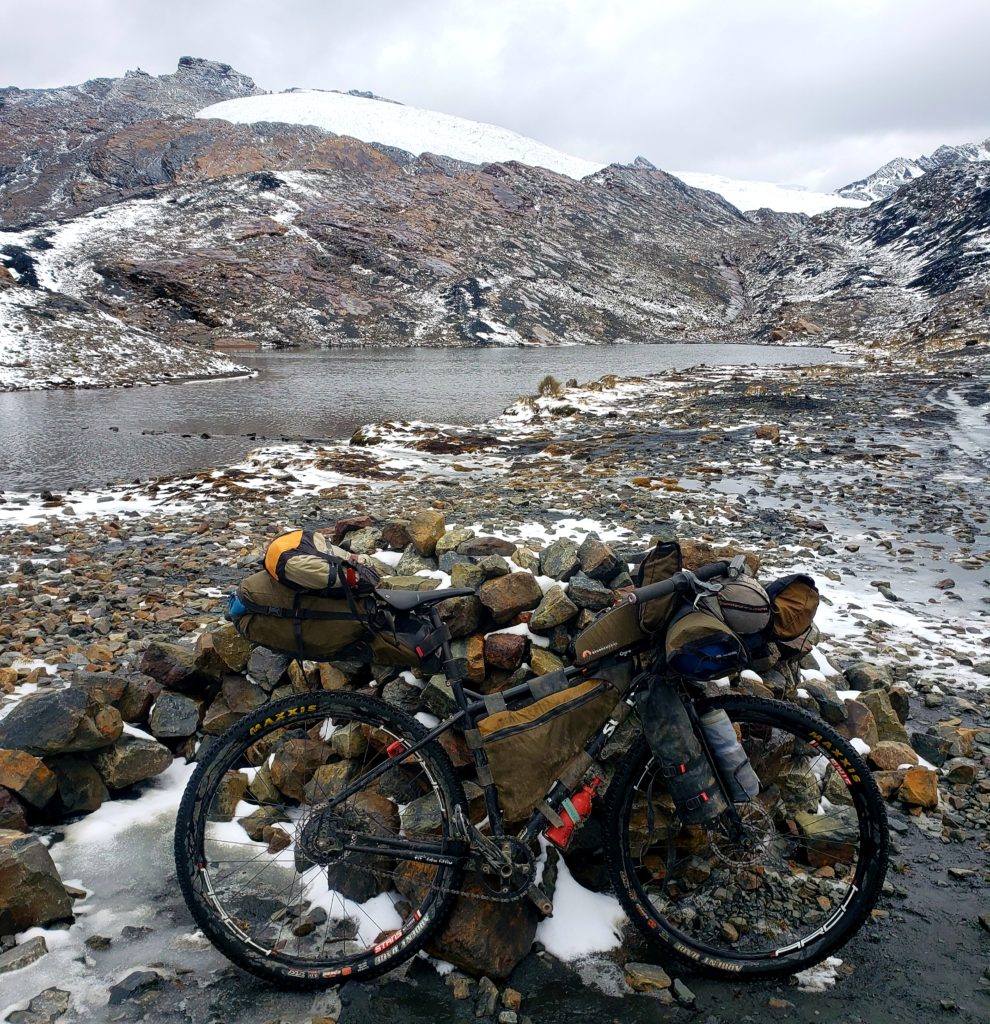
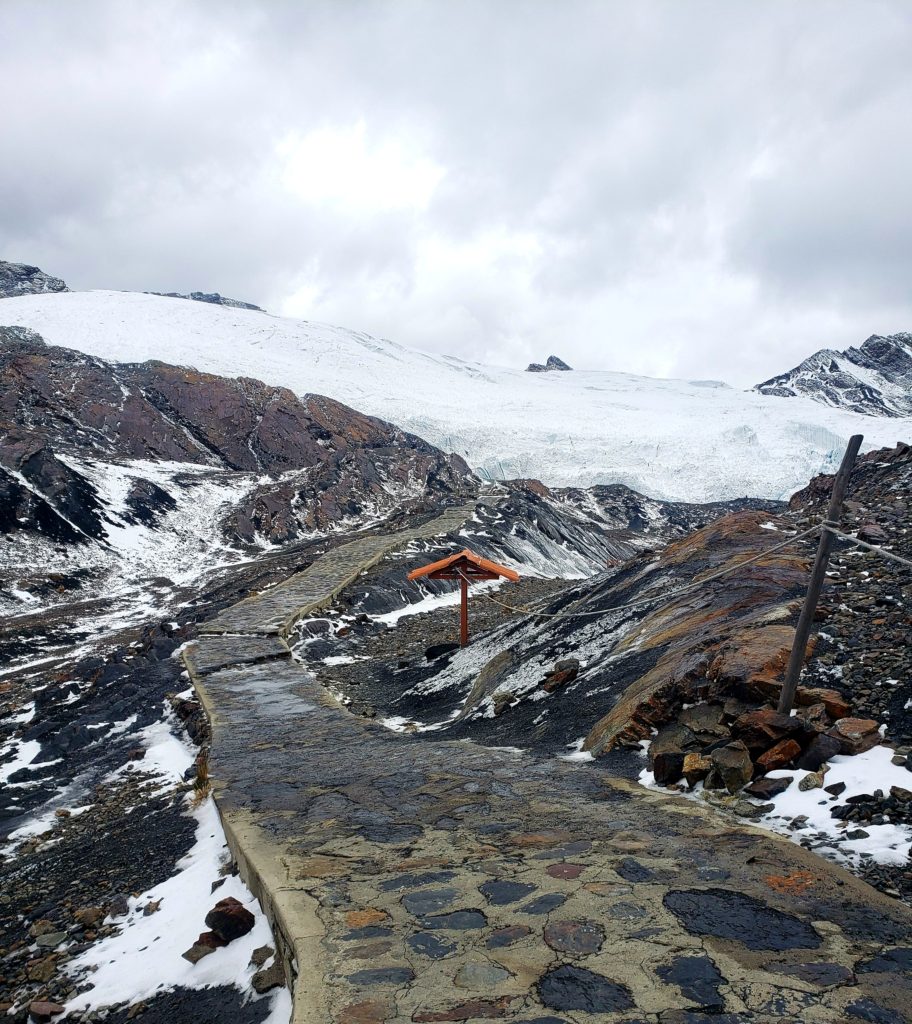
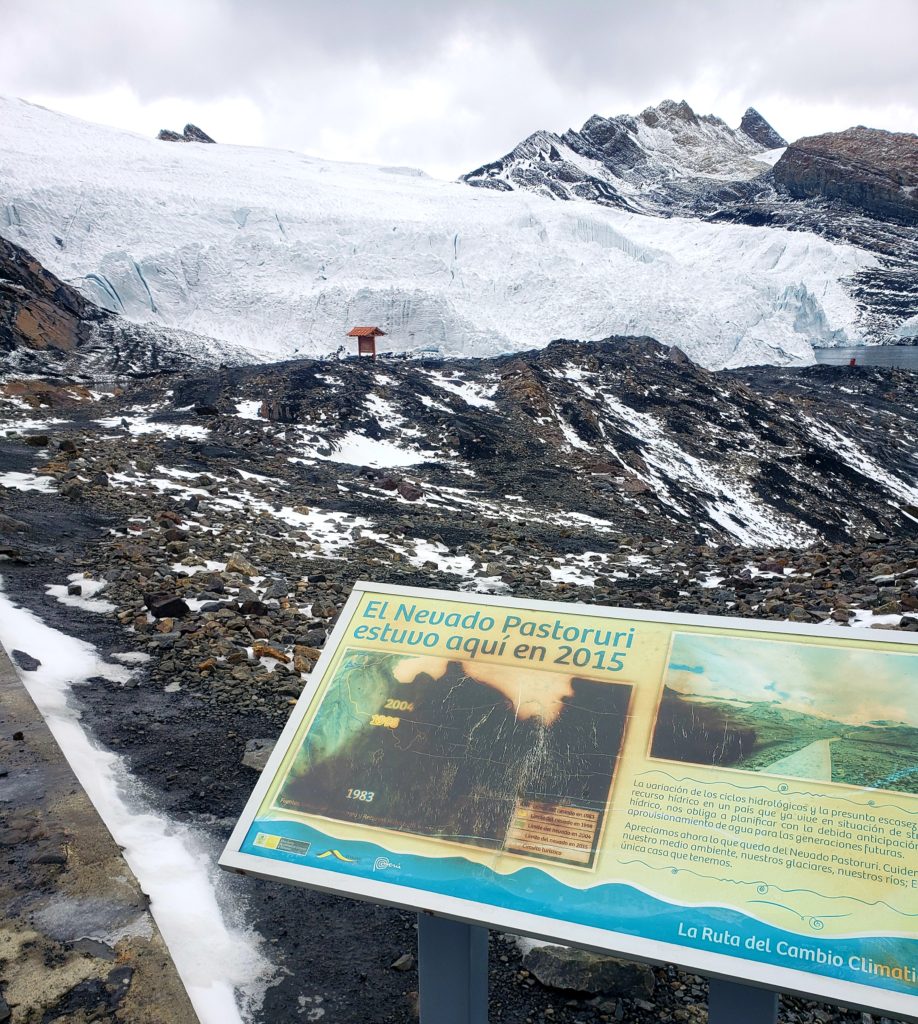
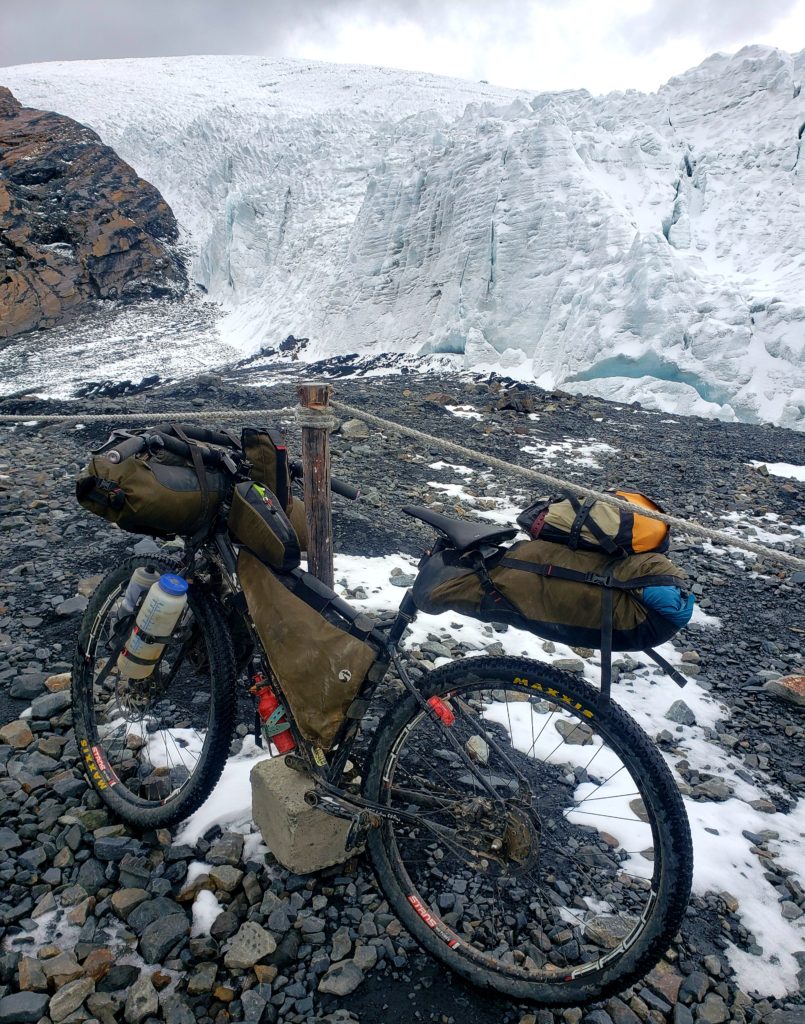
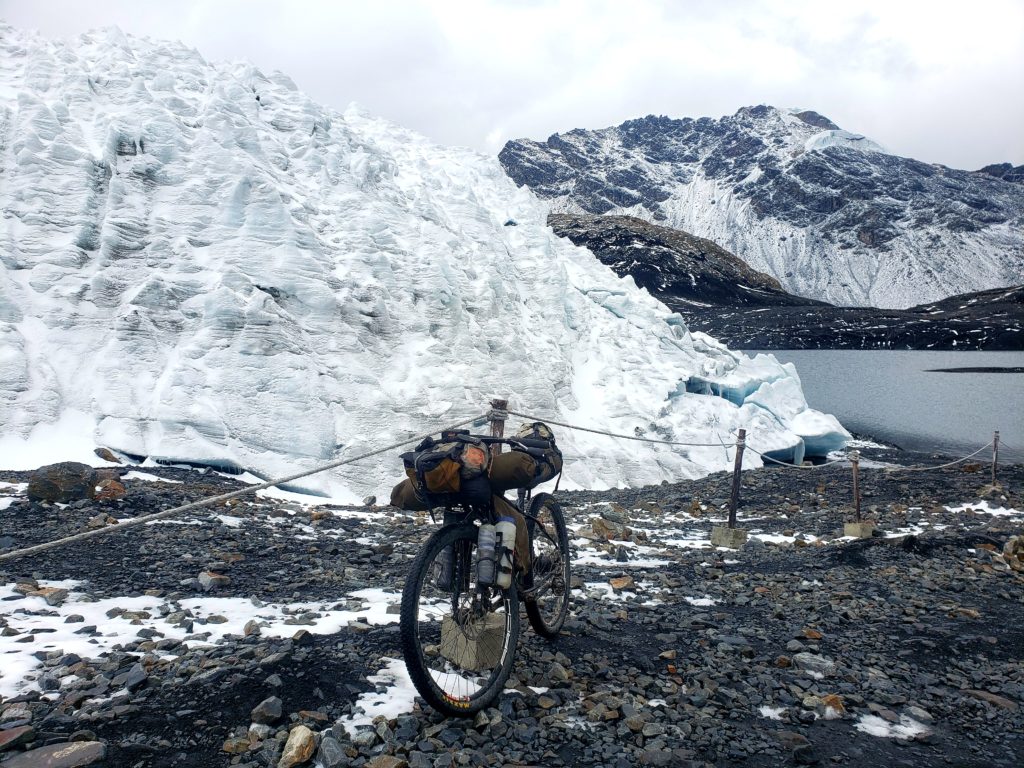
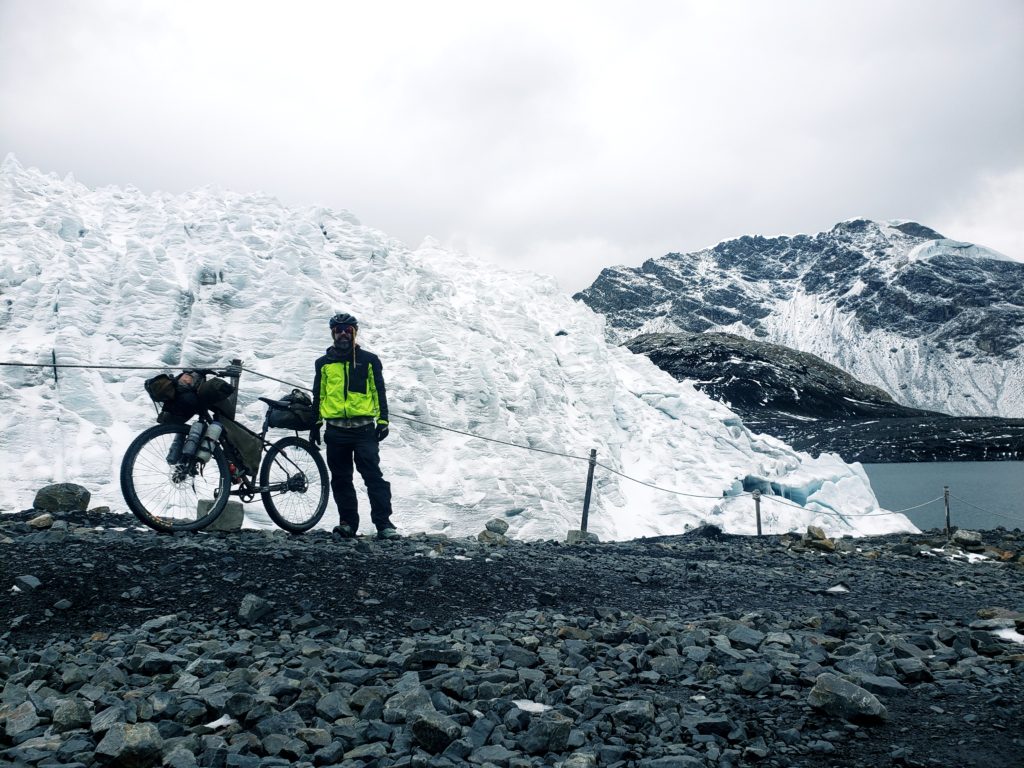
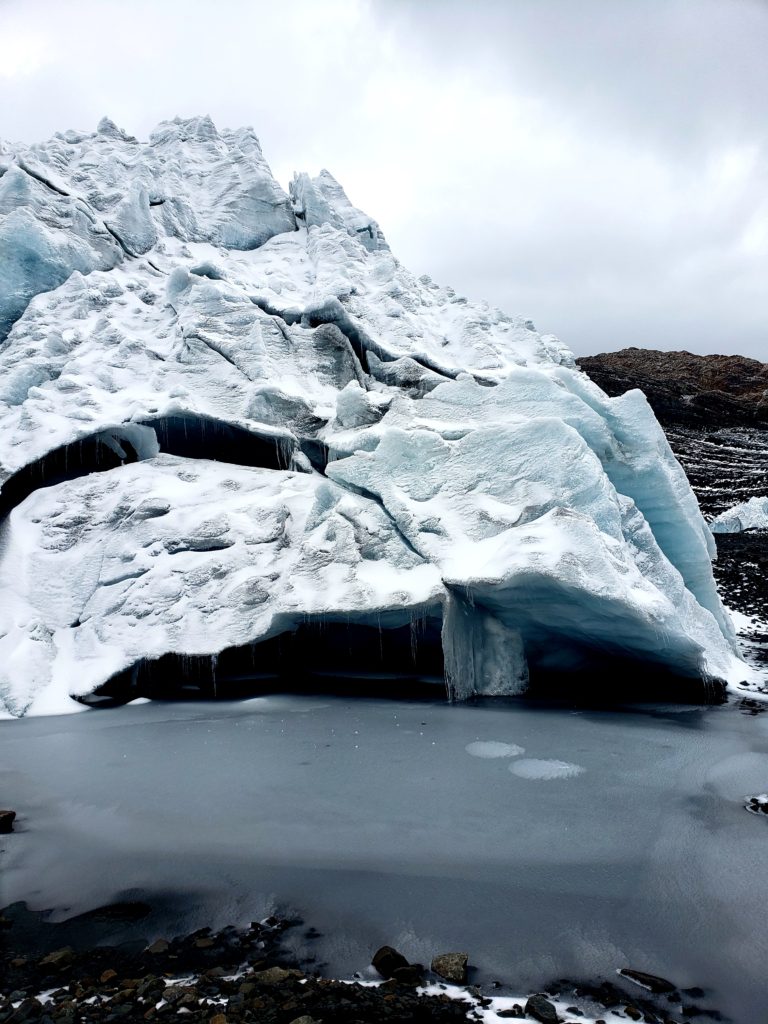
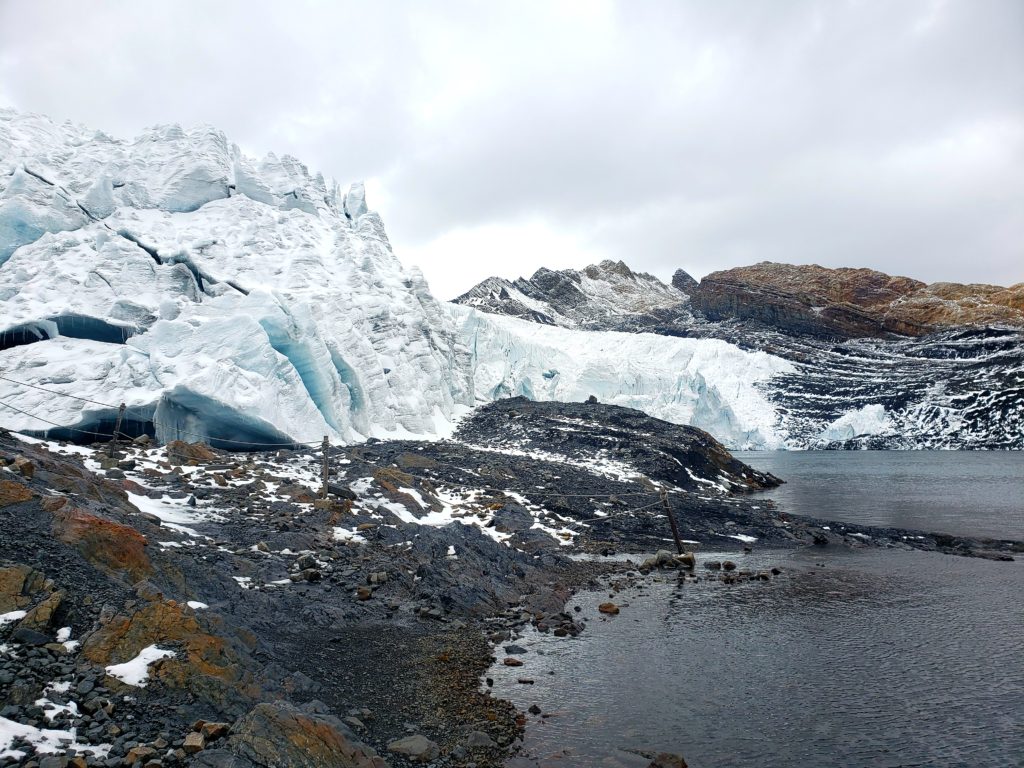
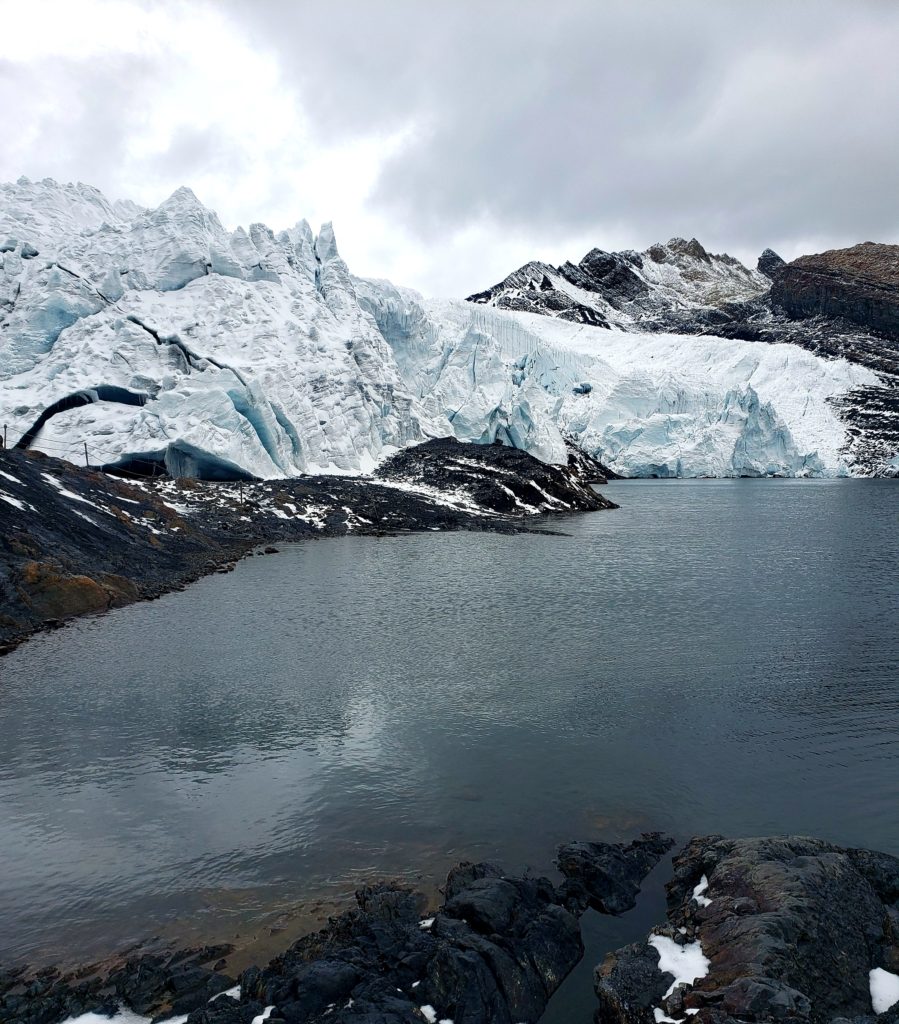
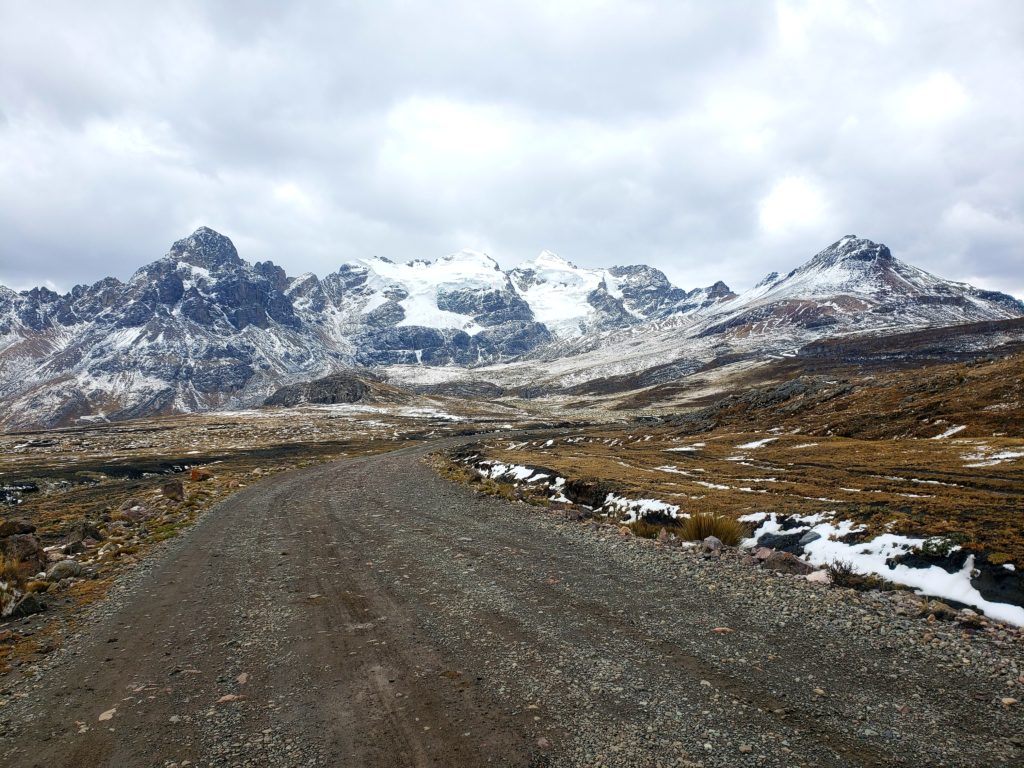
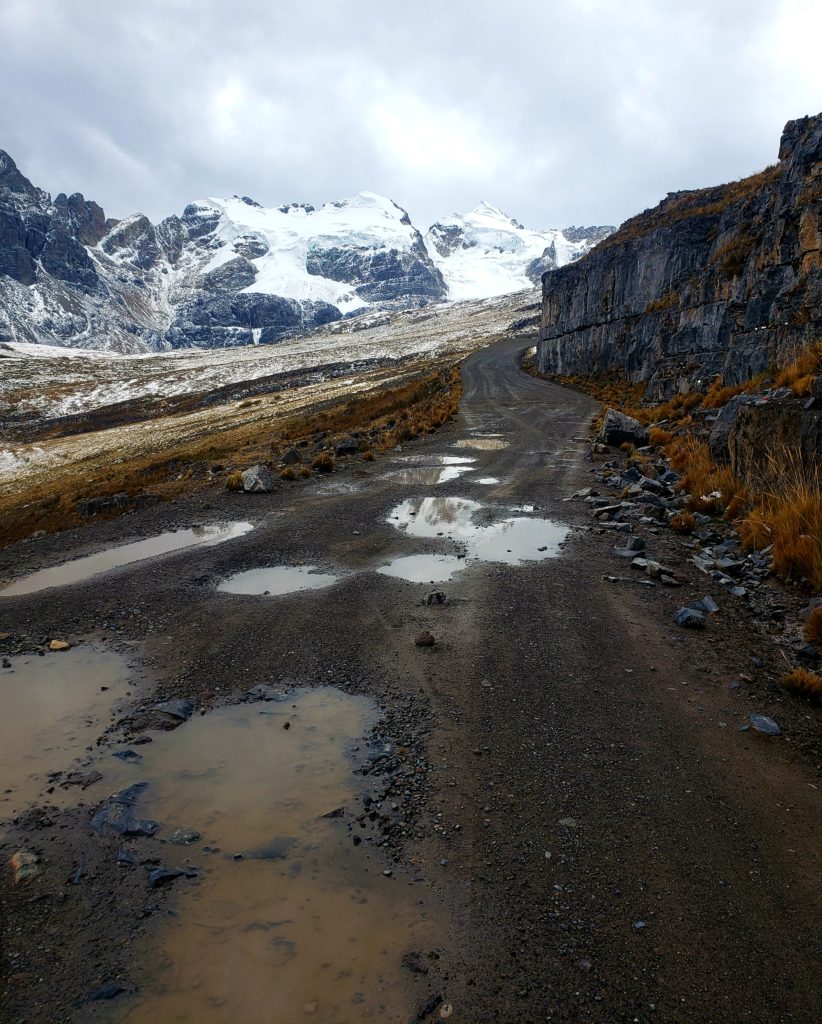
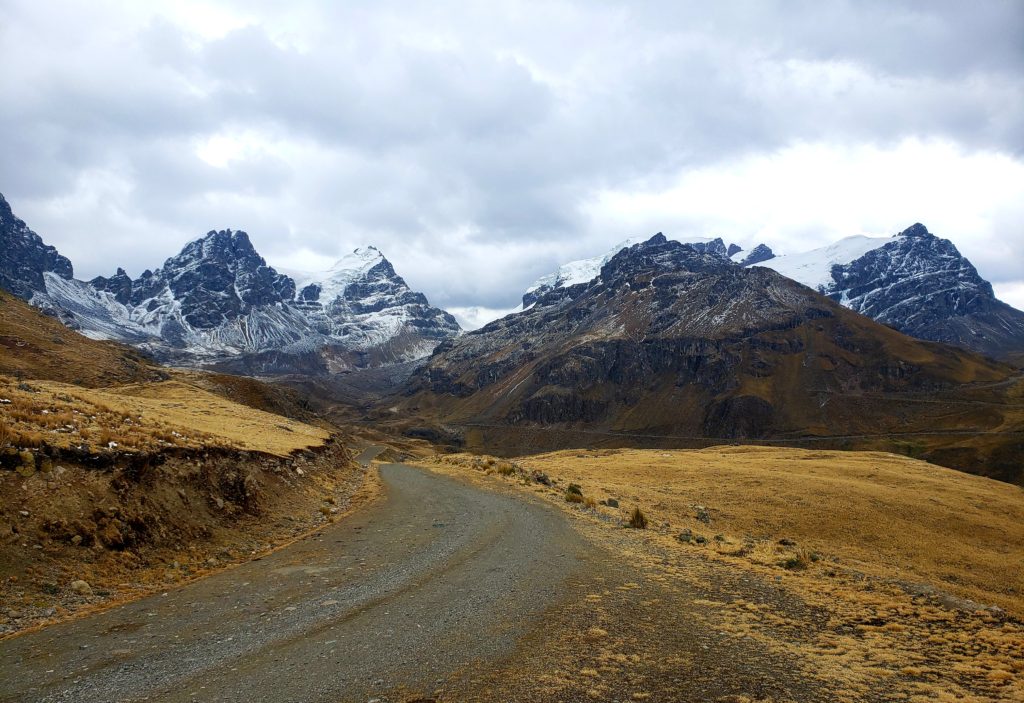
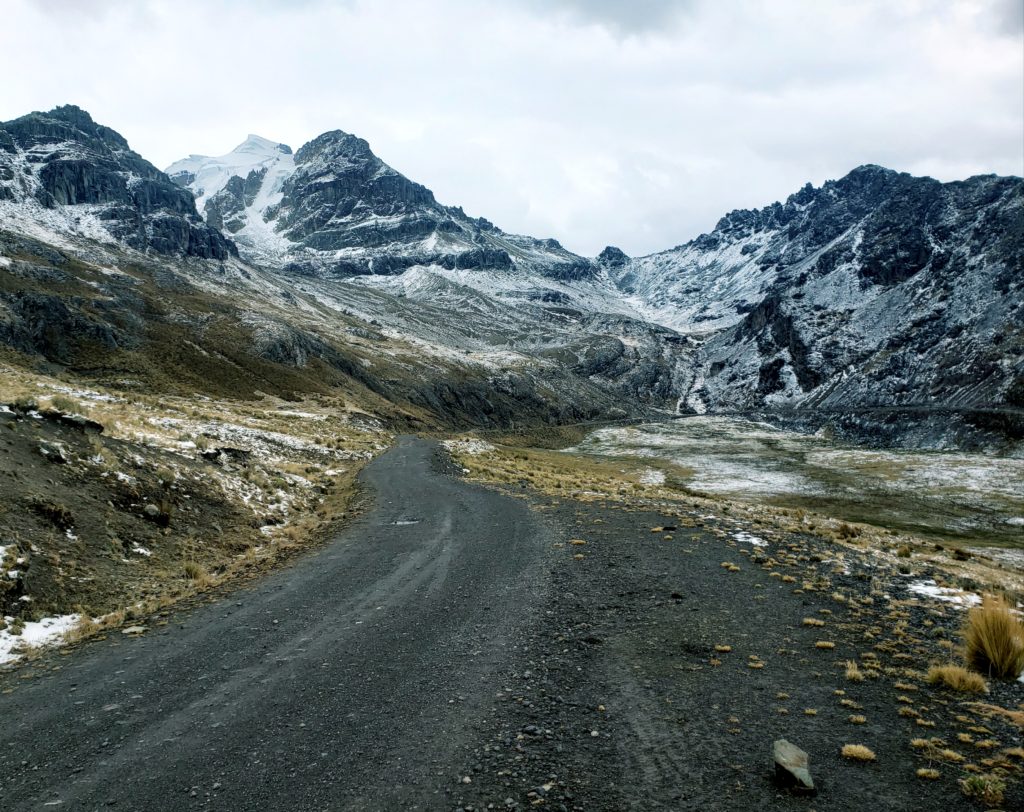
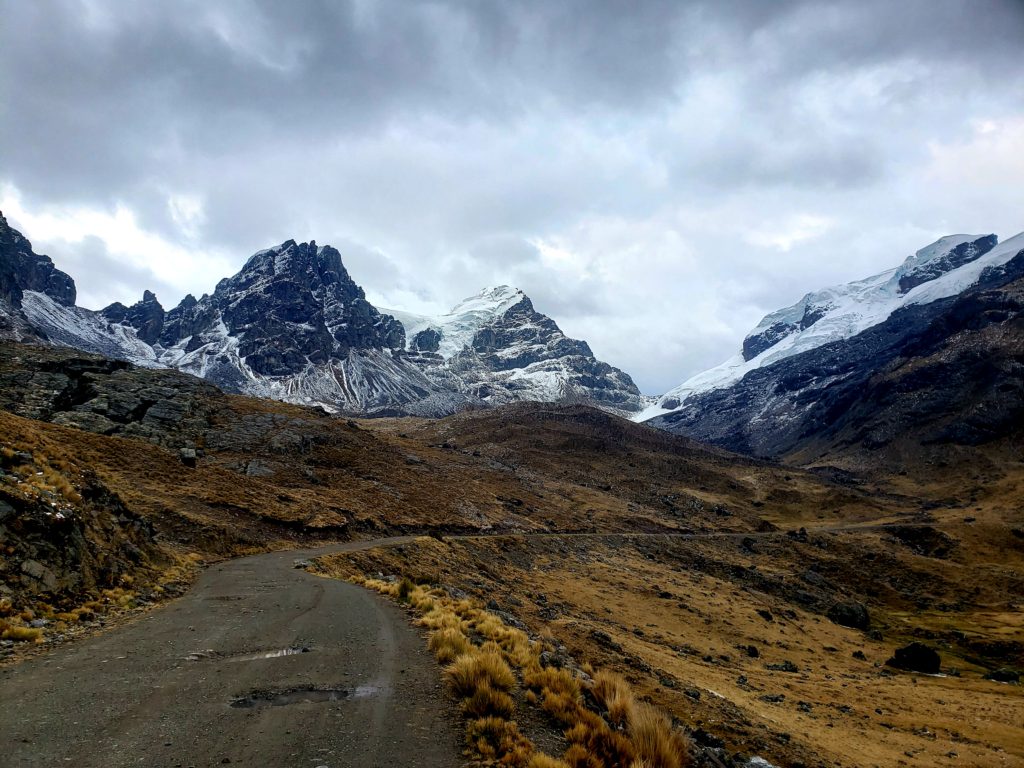
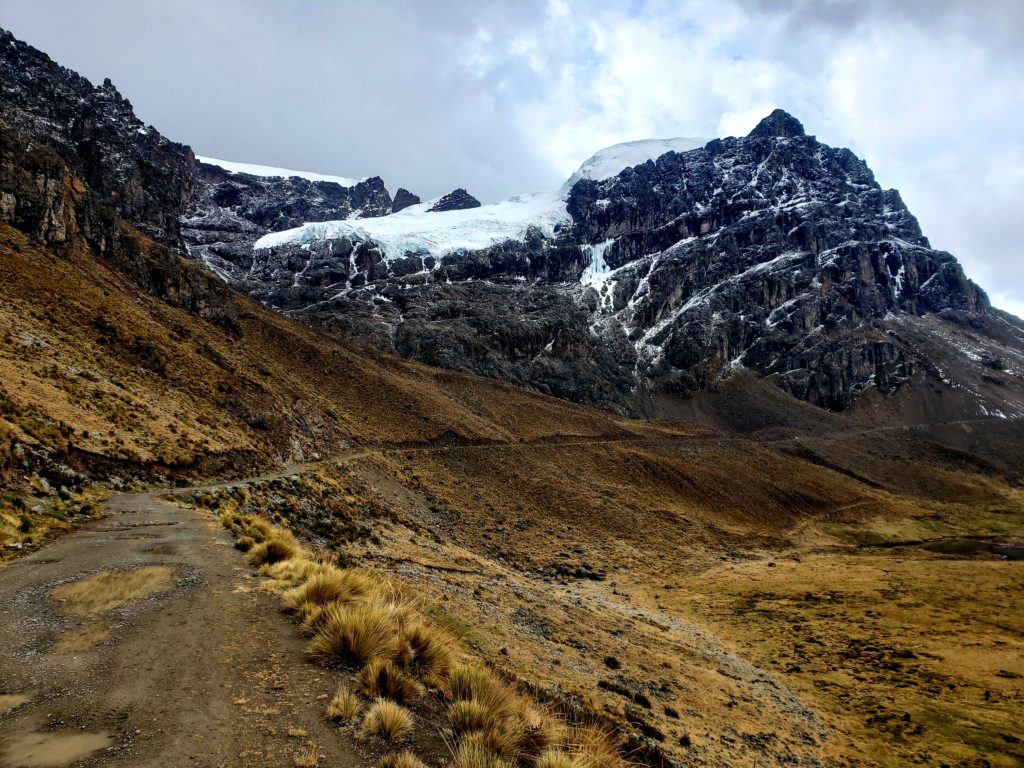
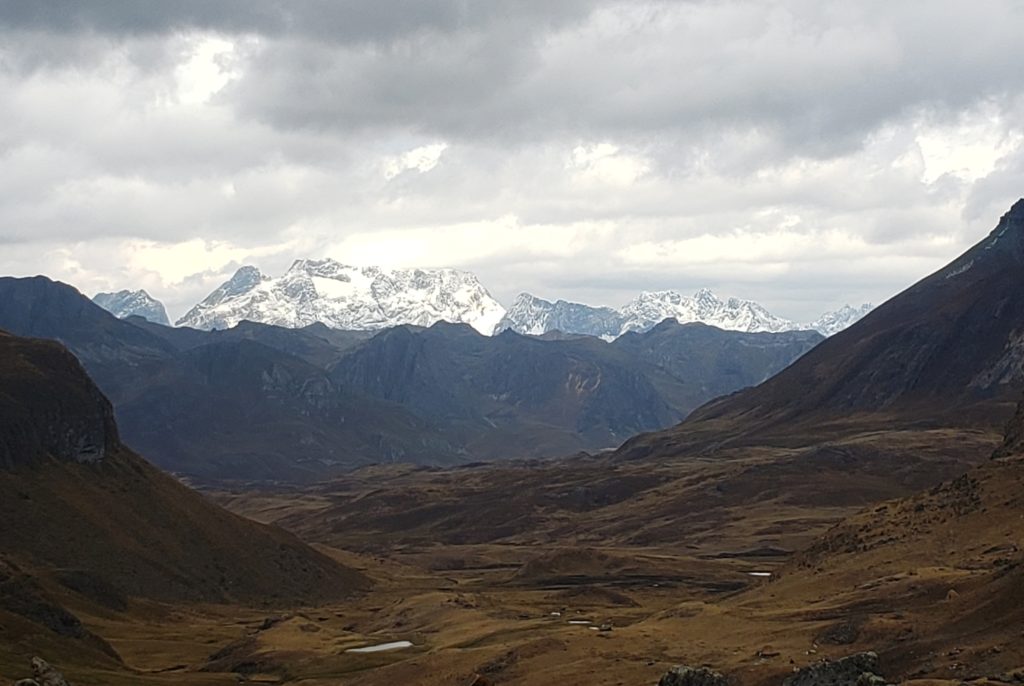
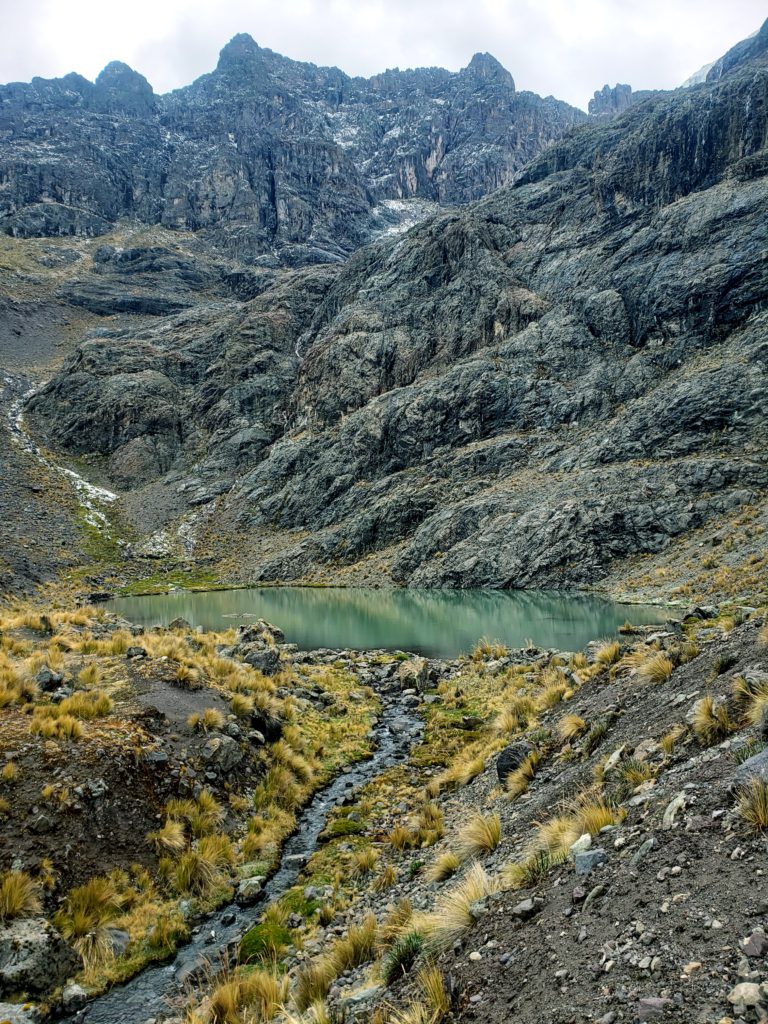
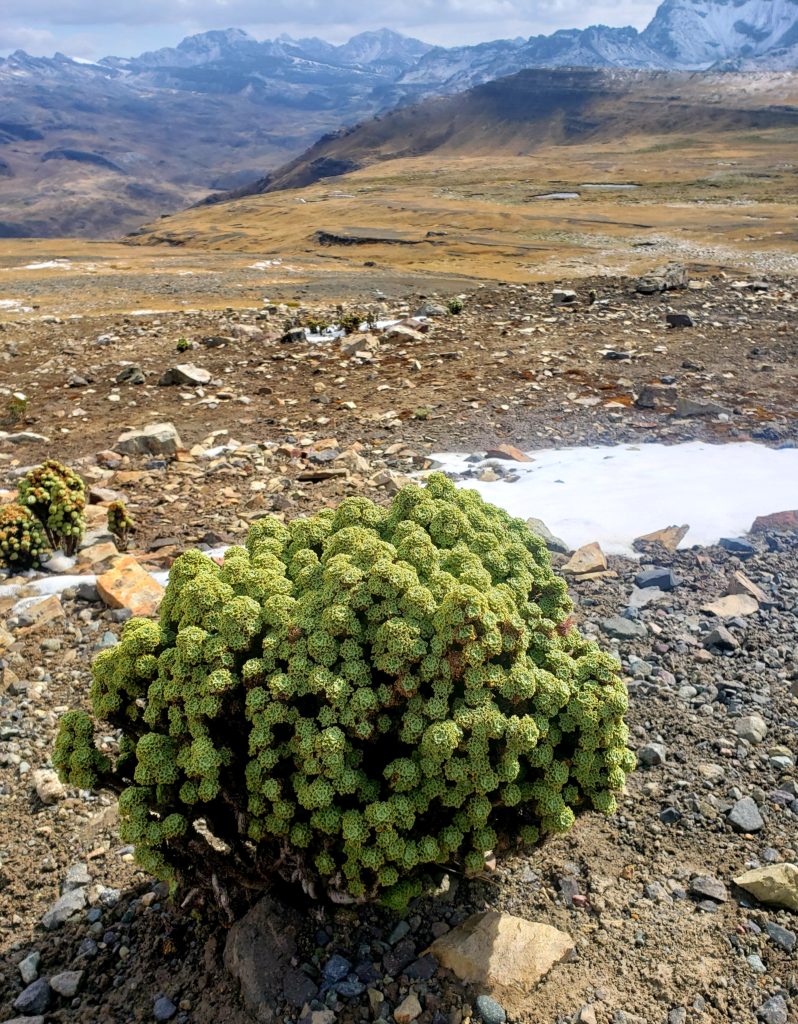
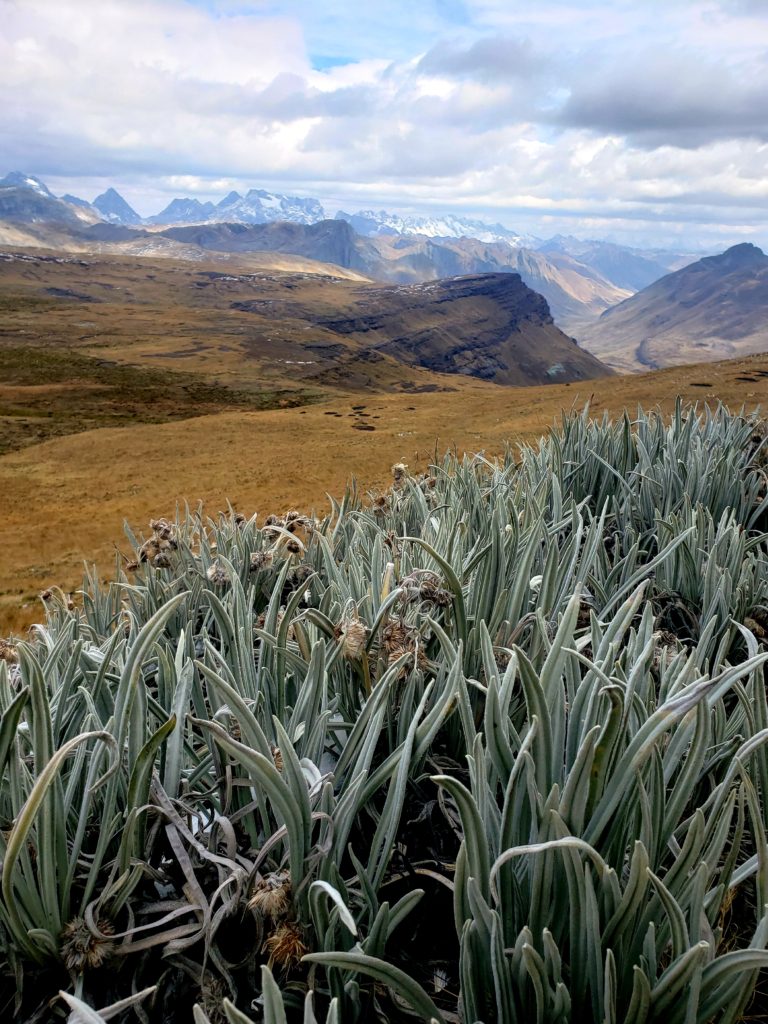
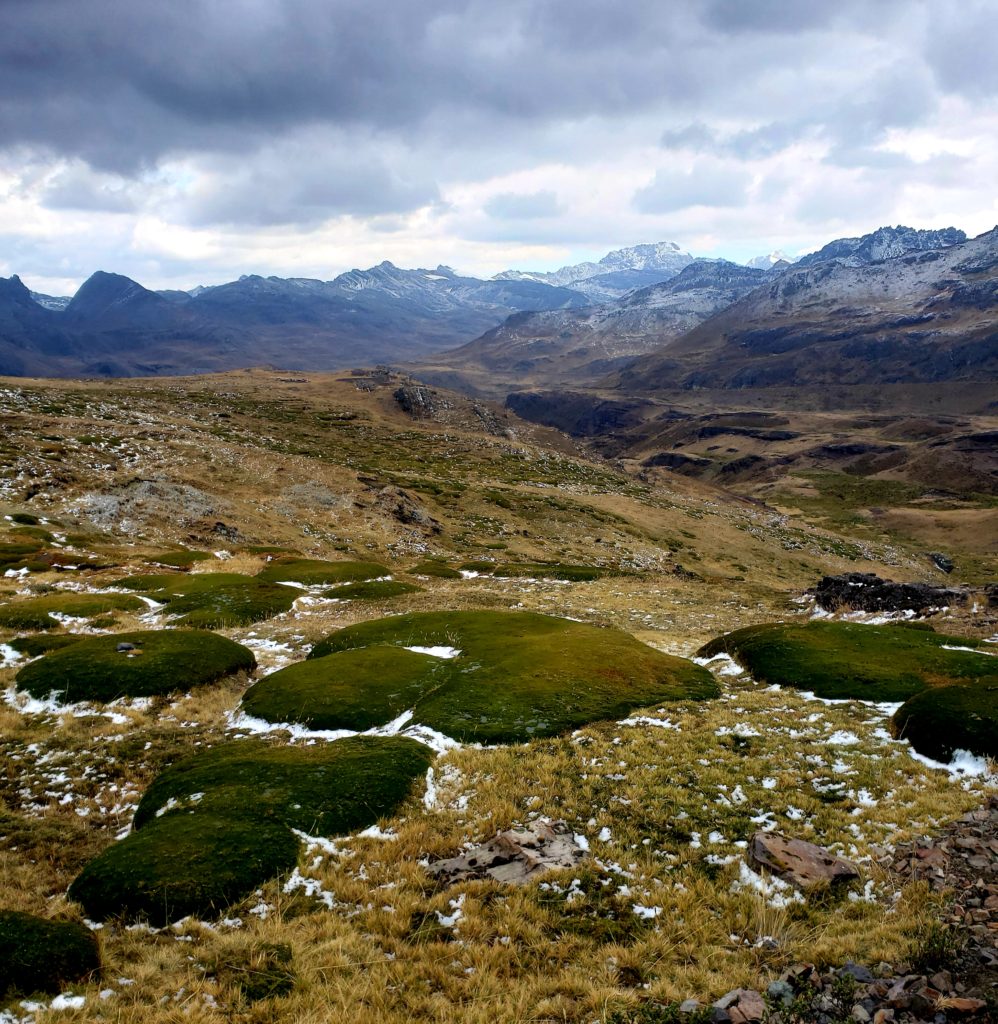
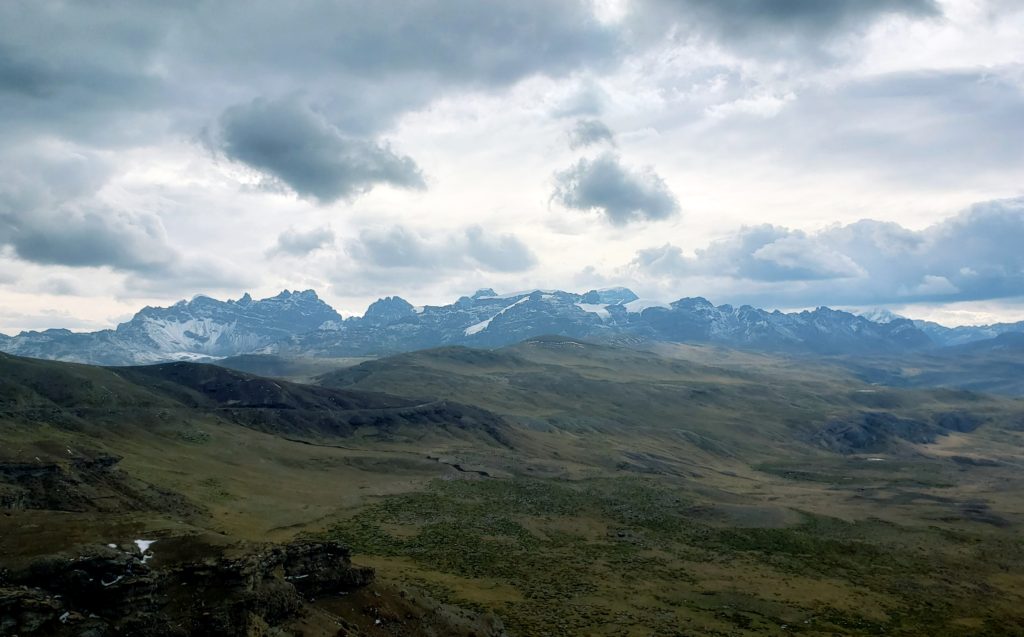
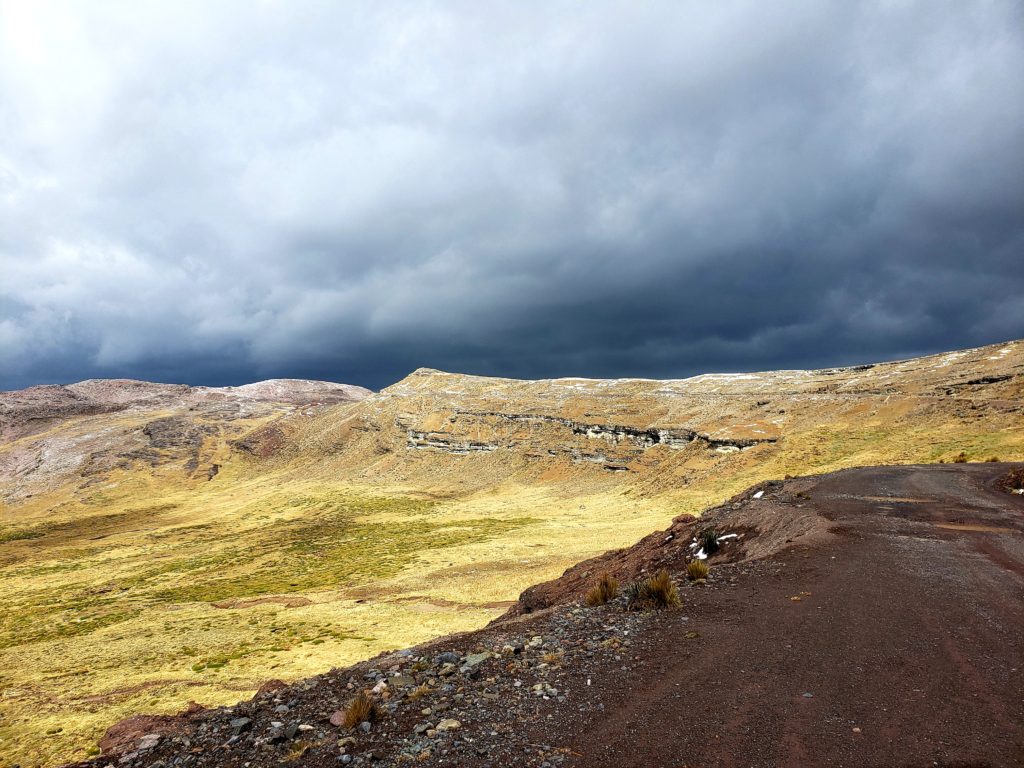
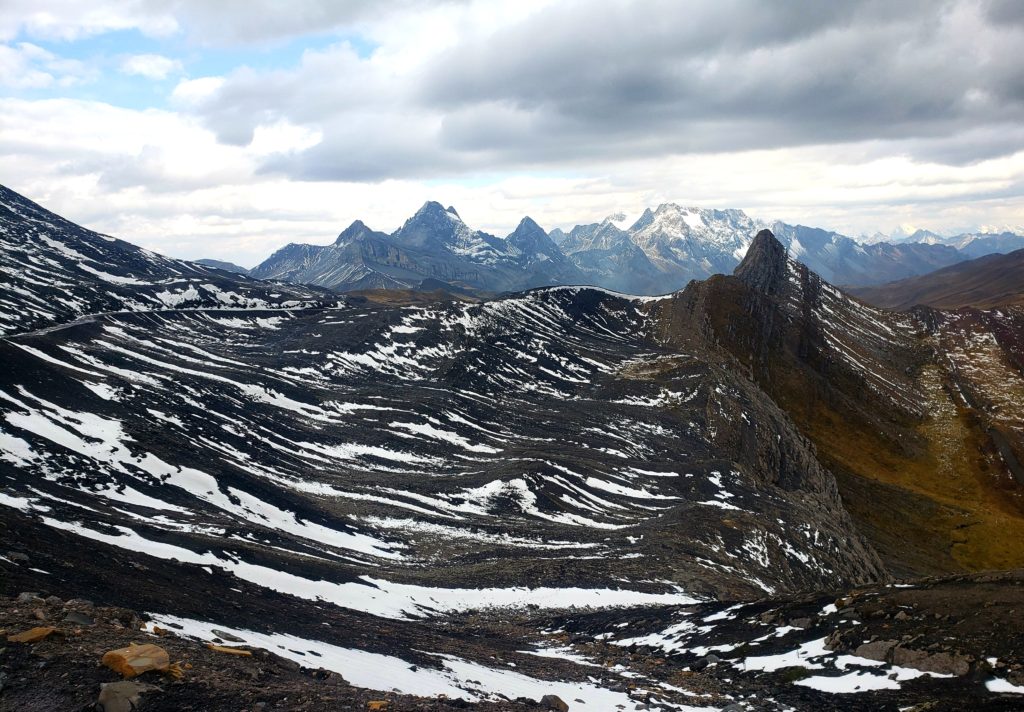
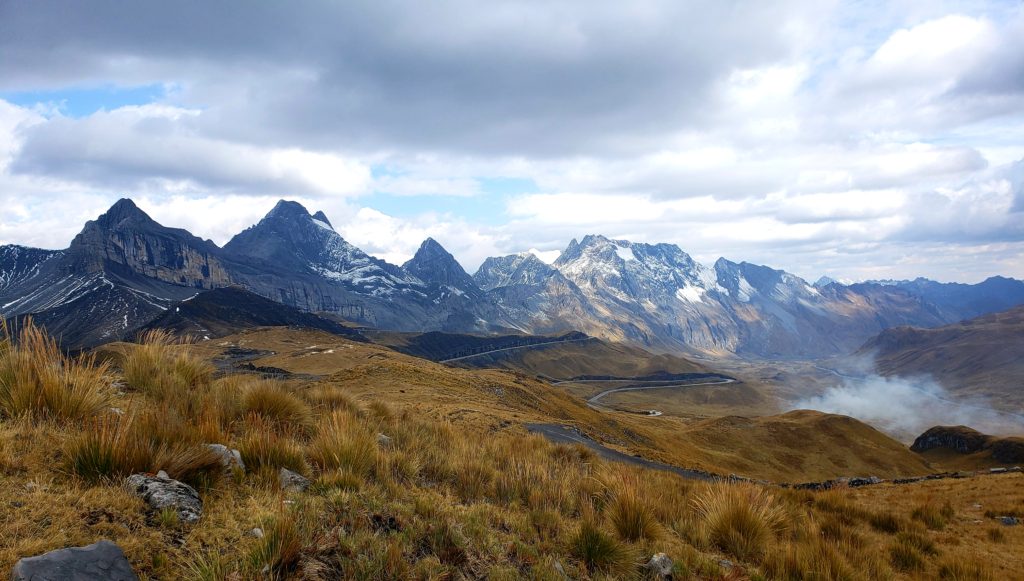
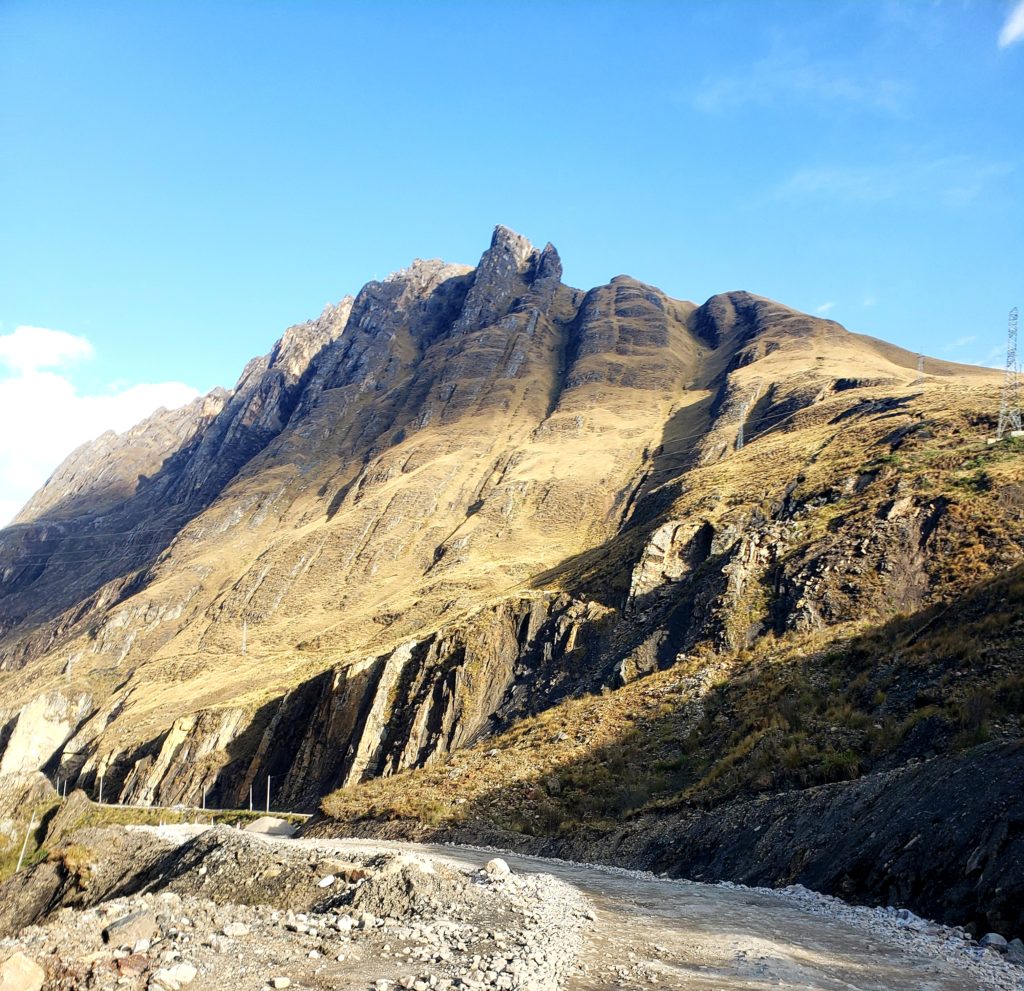
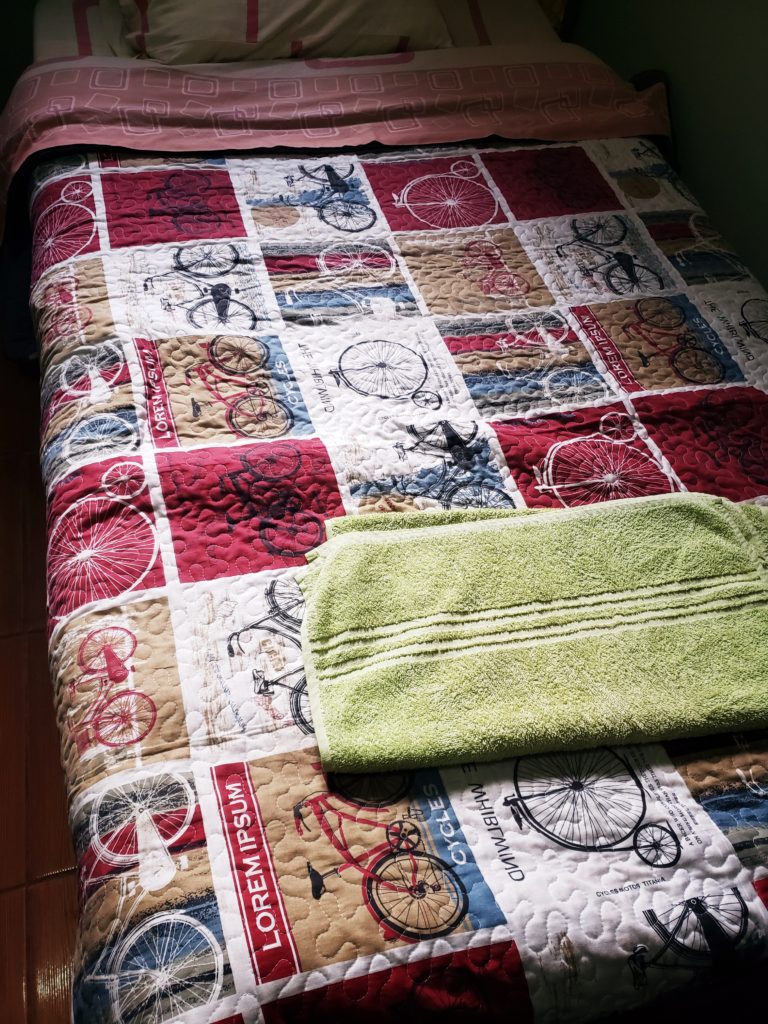
Archives
Calendar
| M | T | W | T | F | S | S |
|---|---|---|---|---|---|---|
| « Mar | ||||||
| 1 | 2 | 3 | 4 | |||
| 5 | 6 | 7 | 8 | 9 | 10 | 11 |
| 12 | 13 | 14 | 15 | 16 | 17 | 18 |
| 19 | 20 | 21 | 22 | 23 | 24 | 25 |
| 26 | 27 | 28 | 29 | 30 | 31 | |